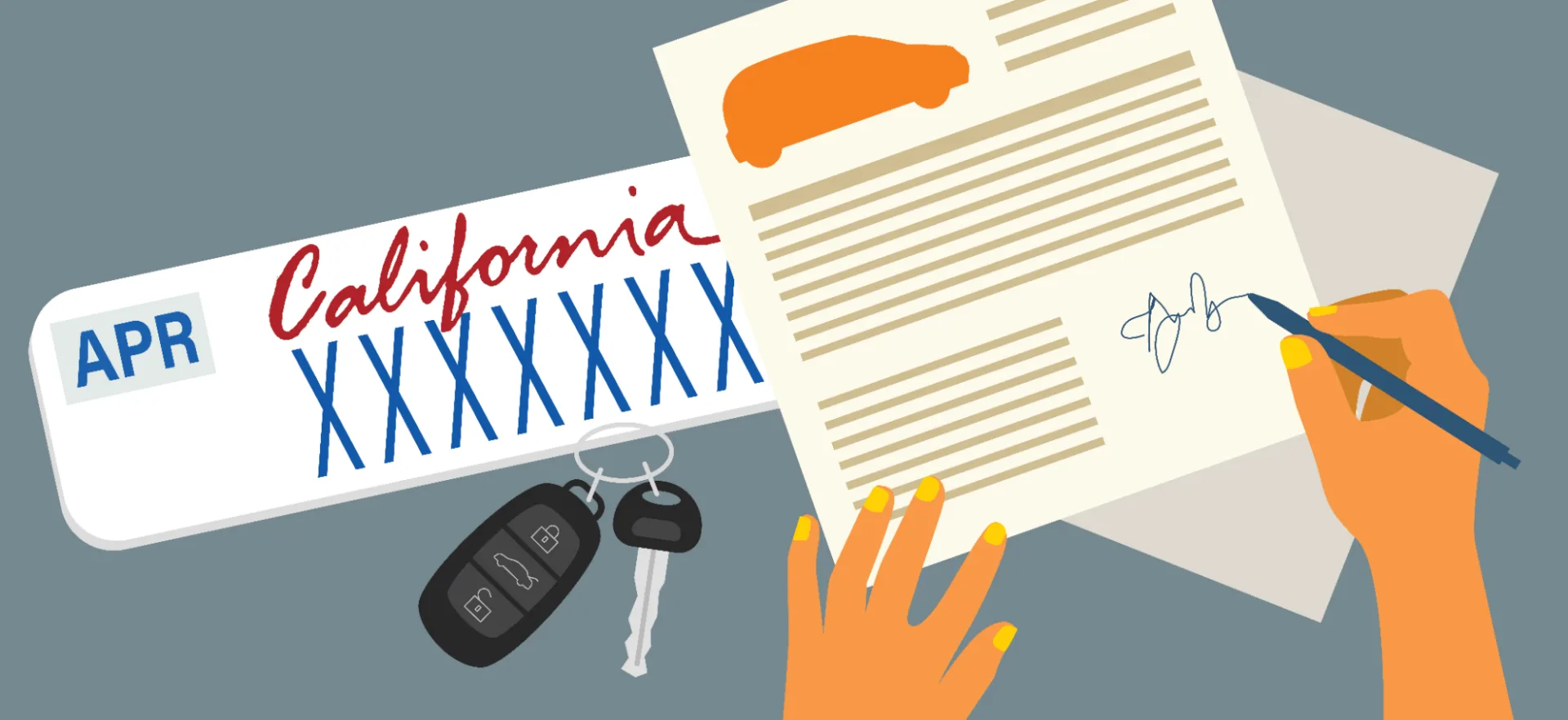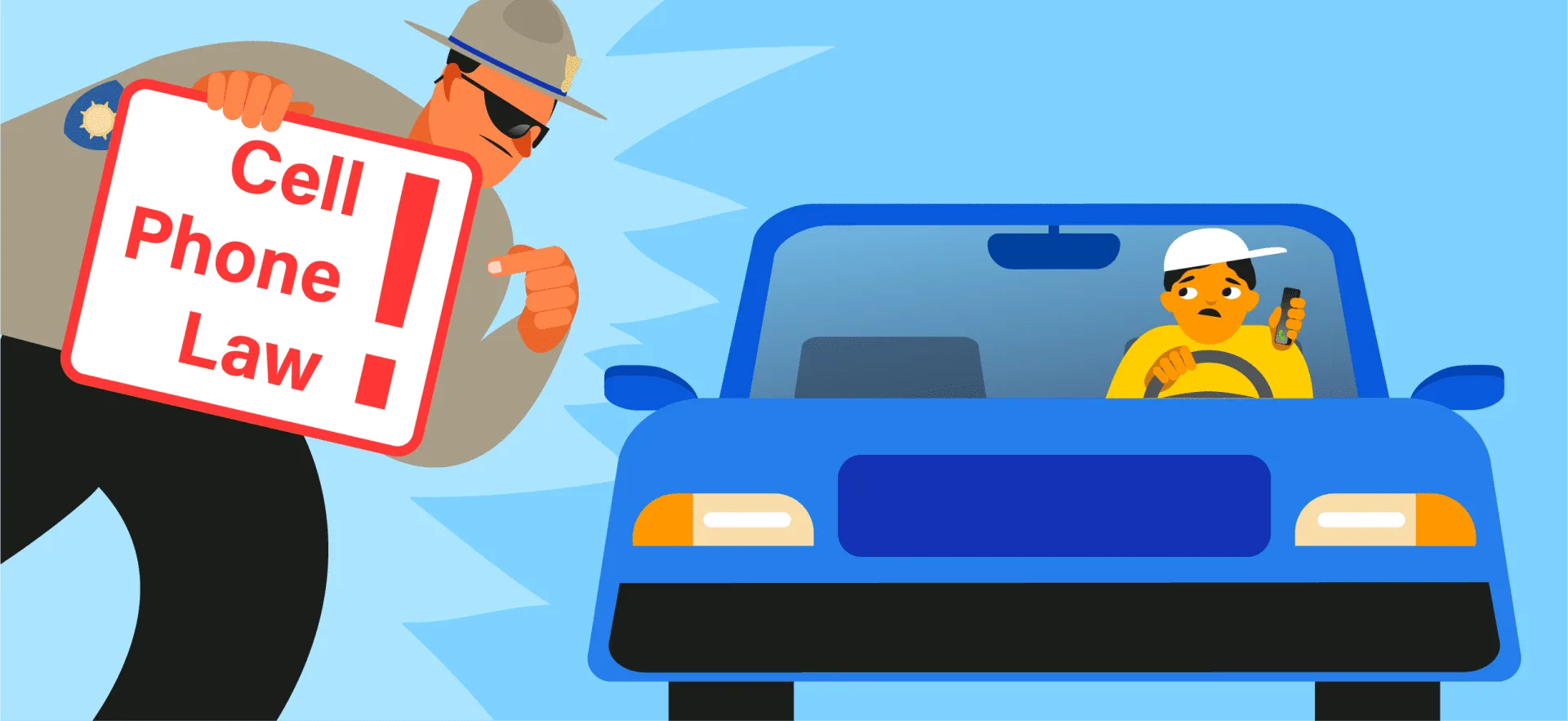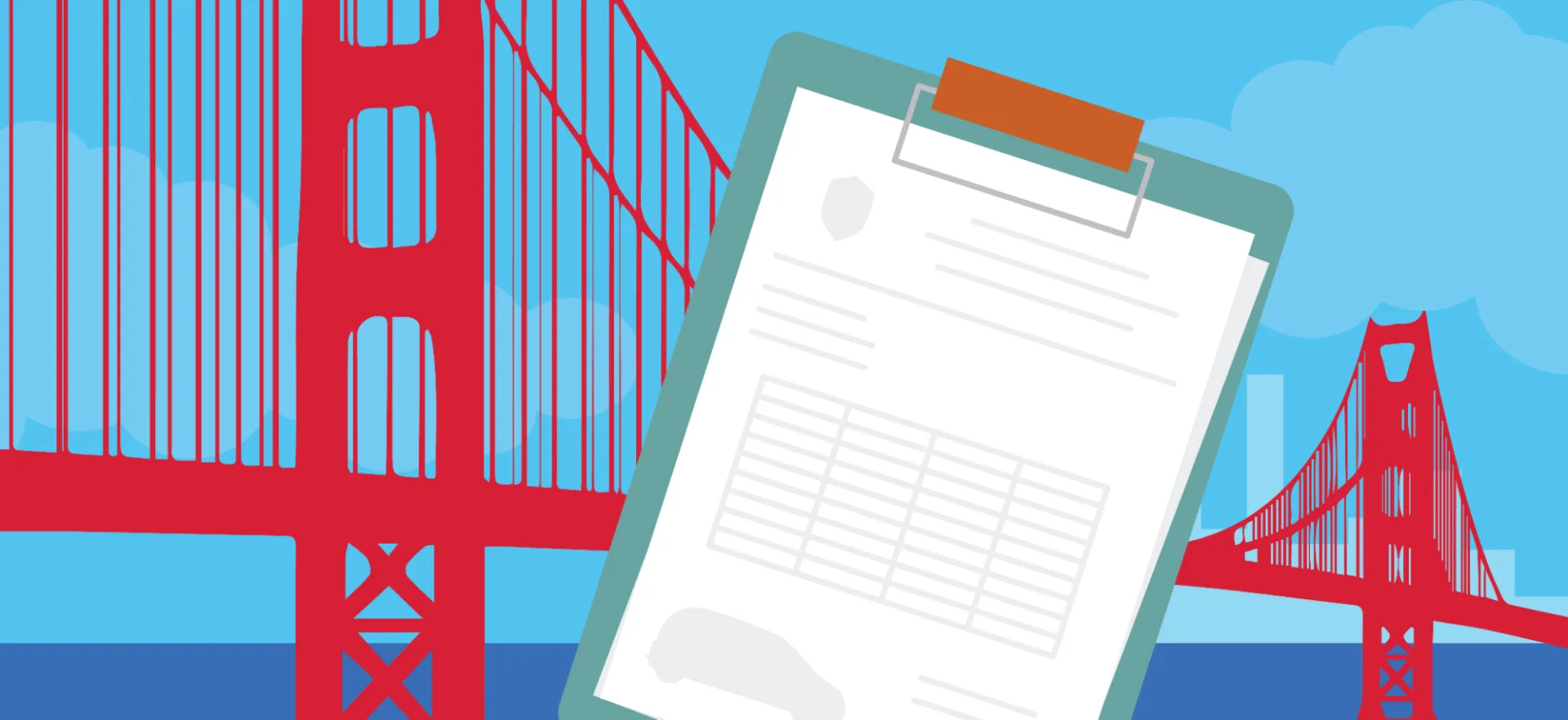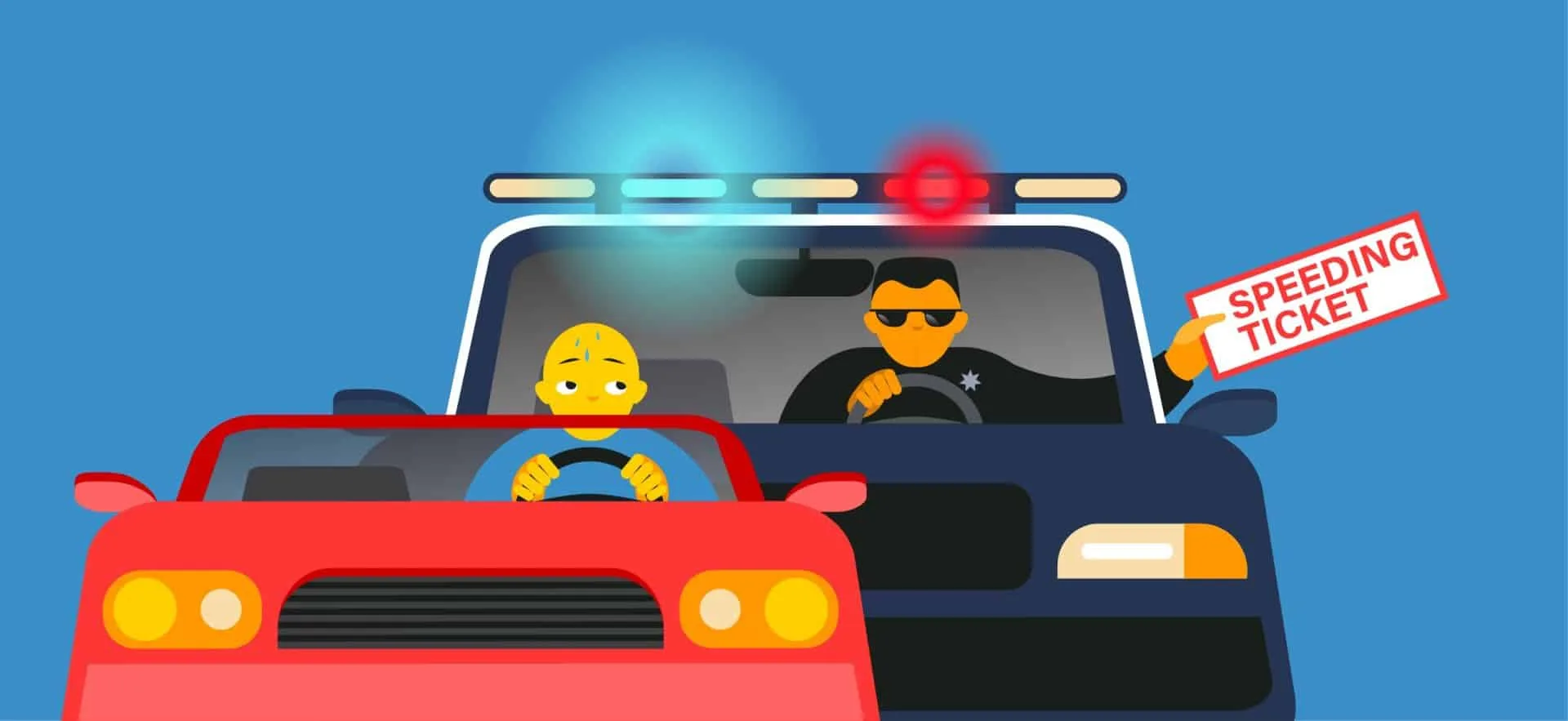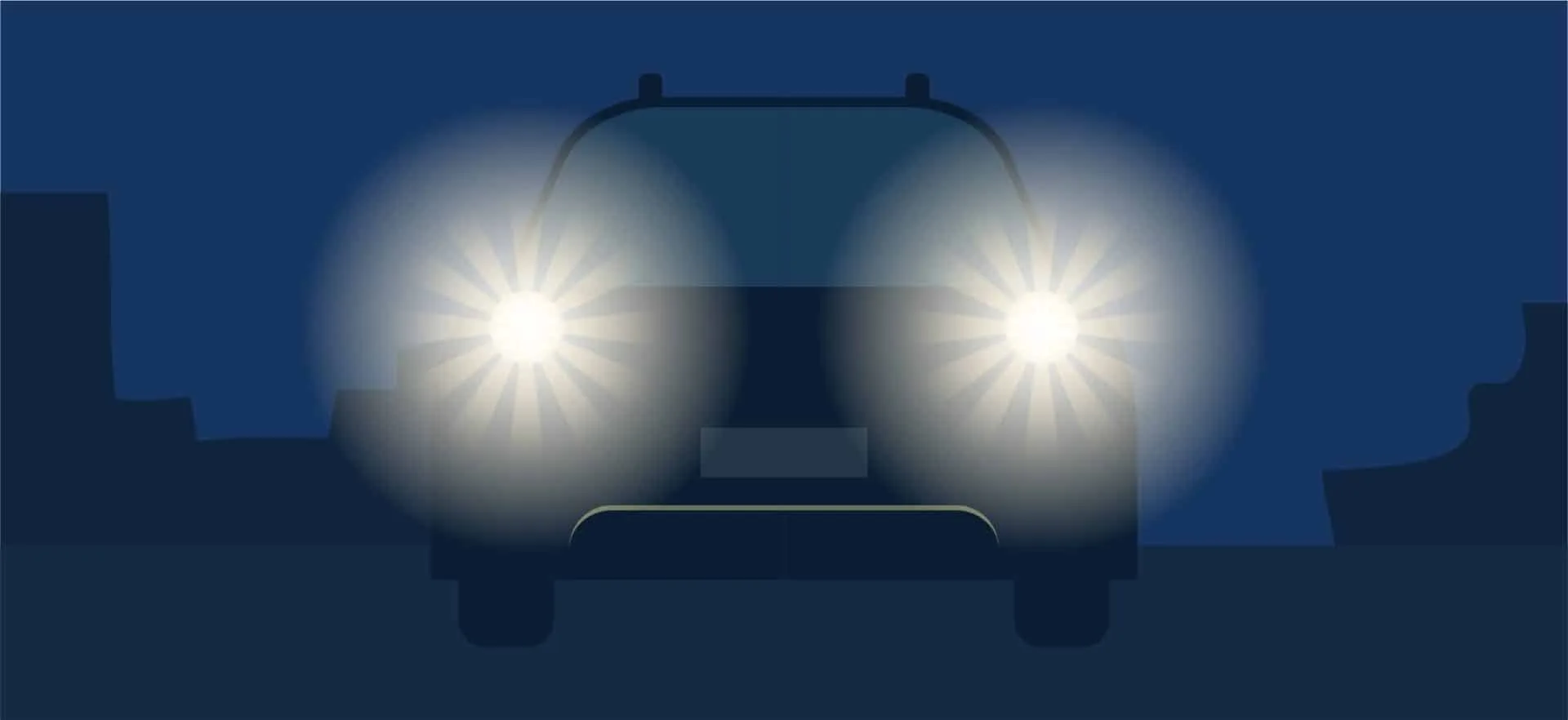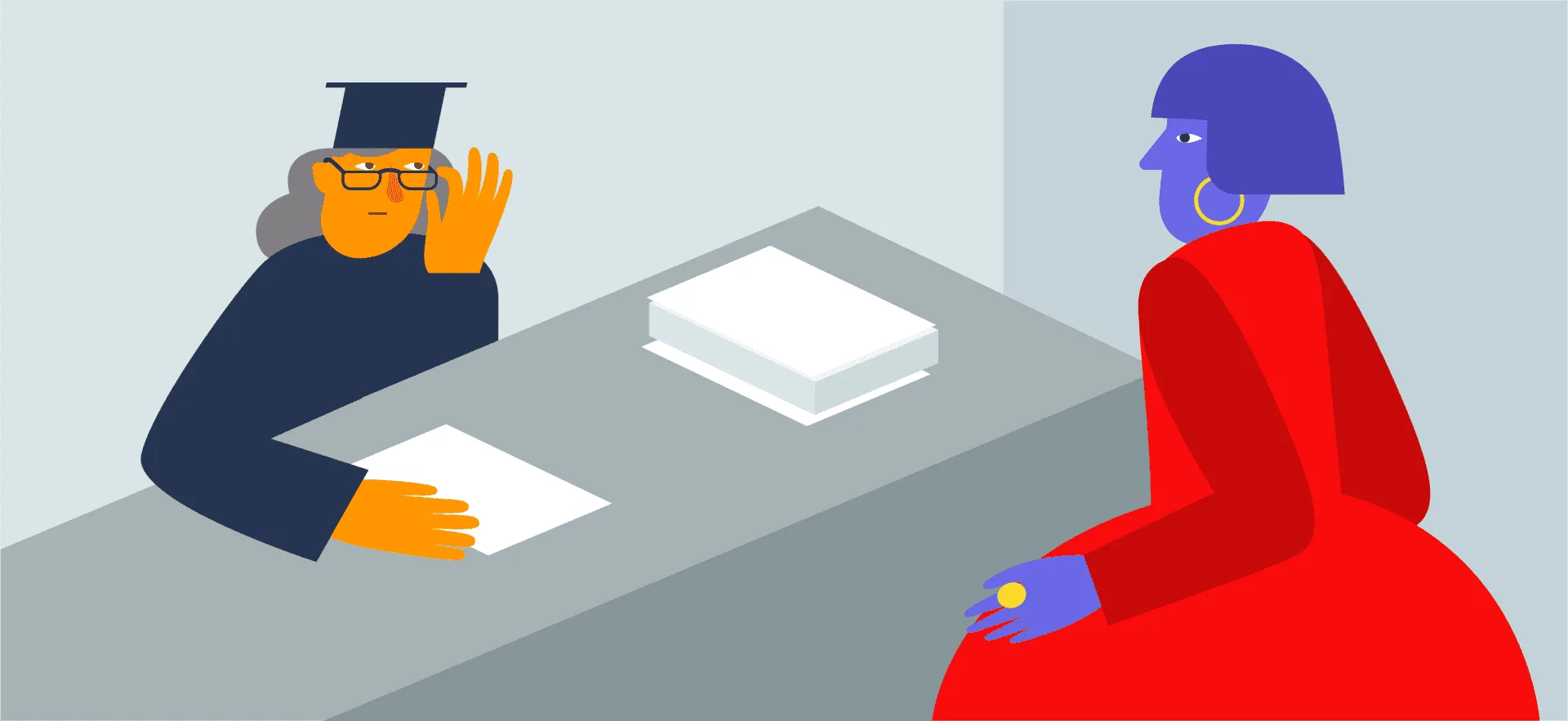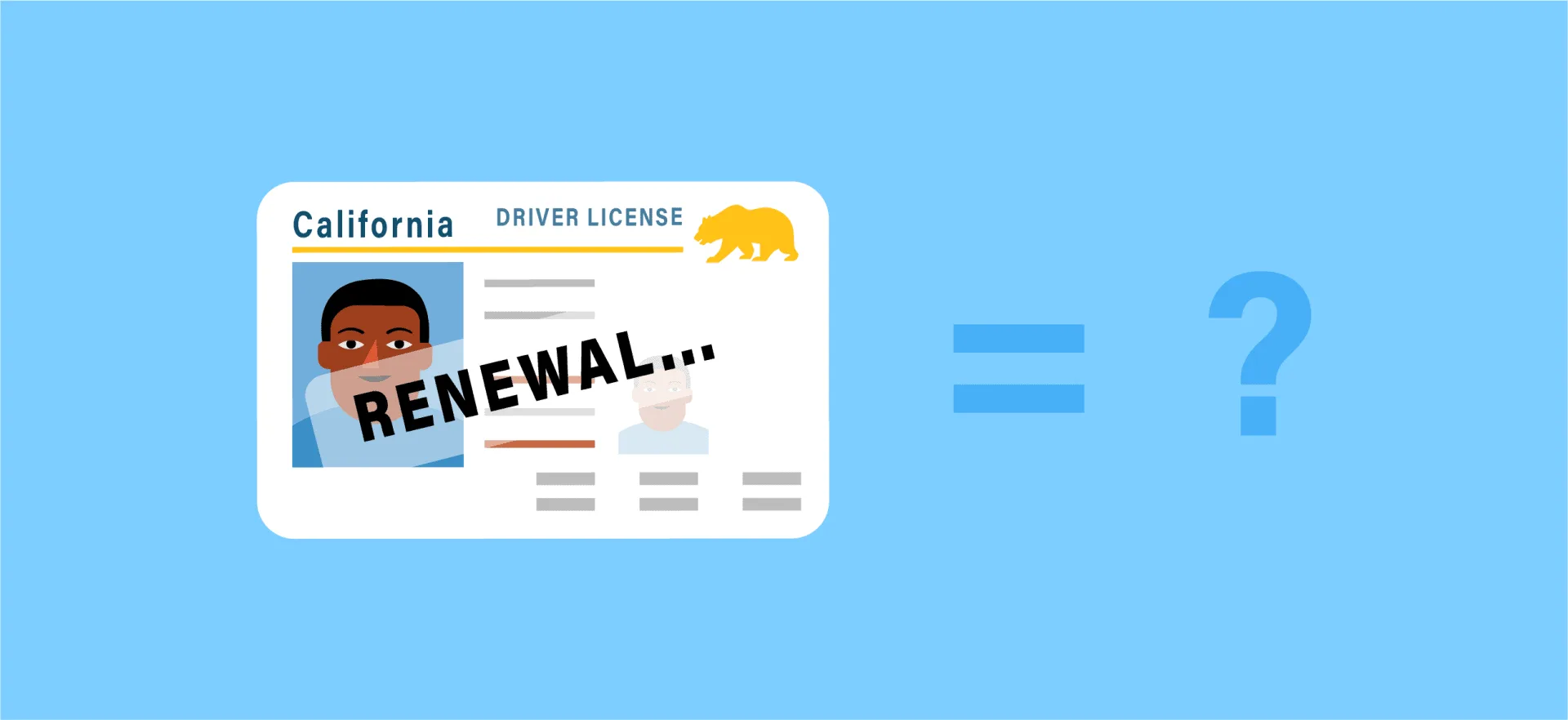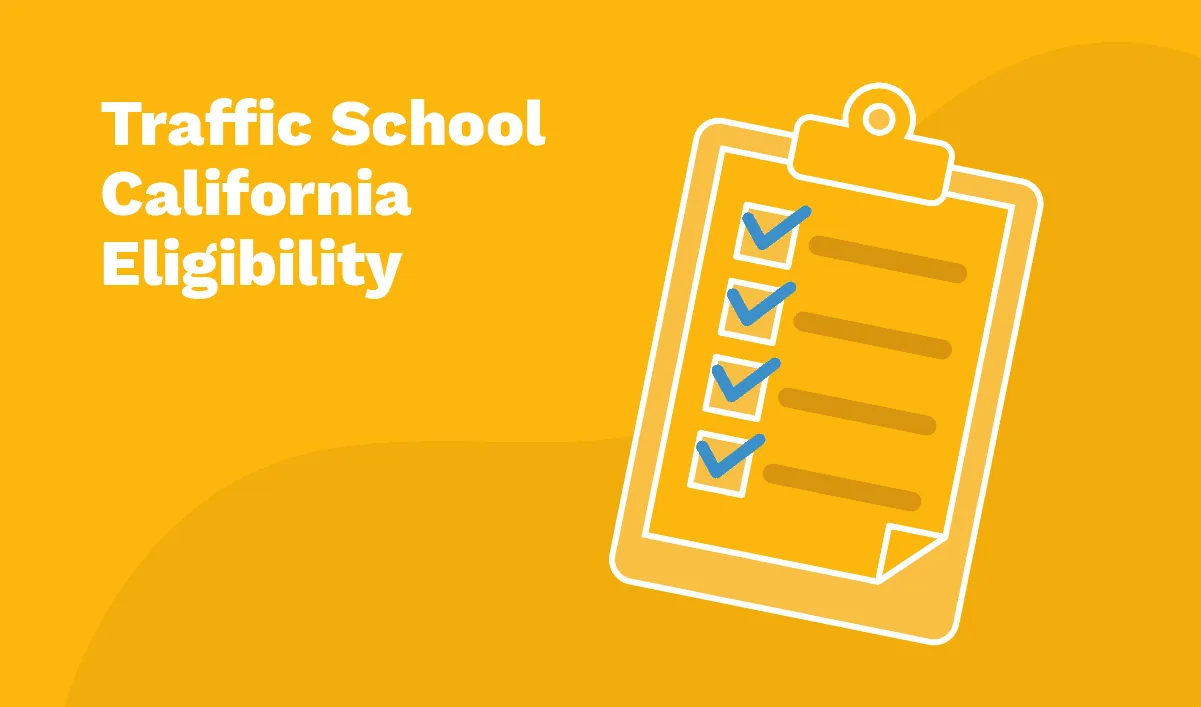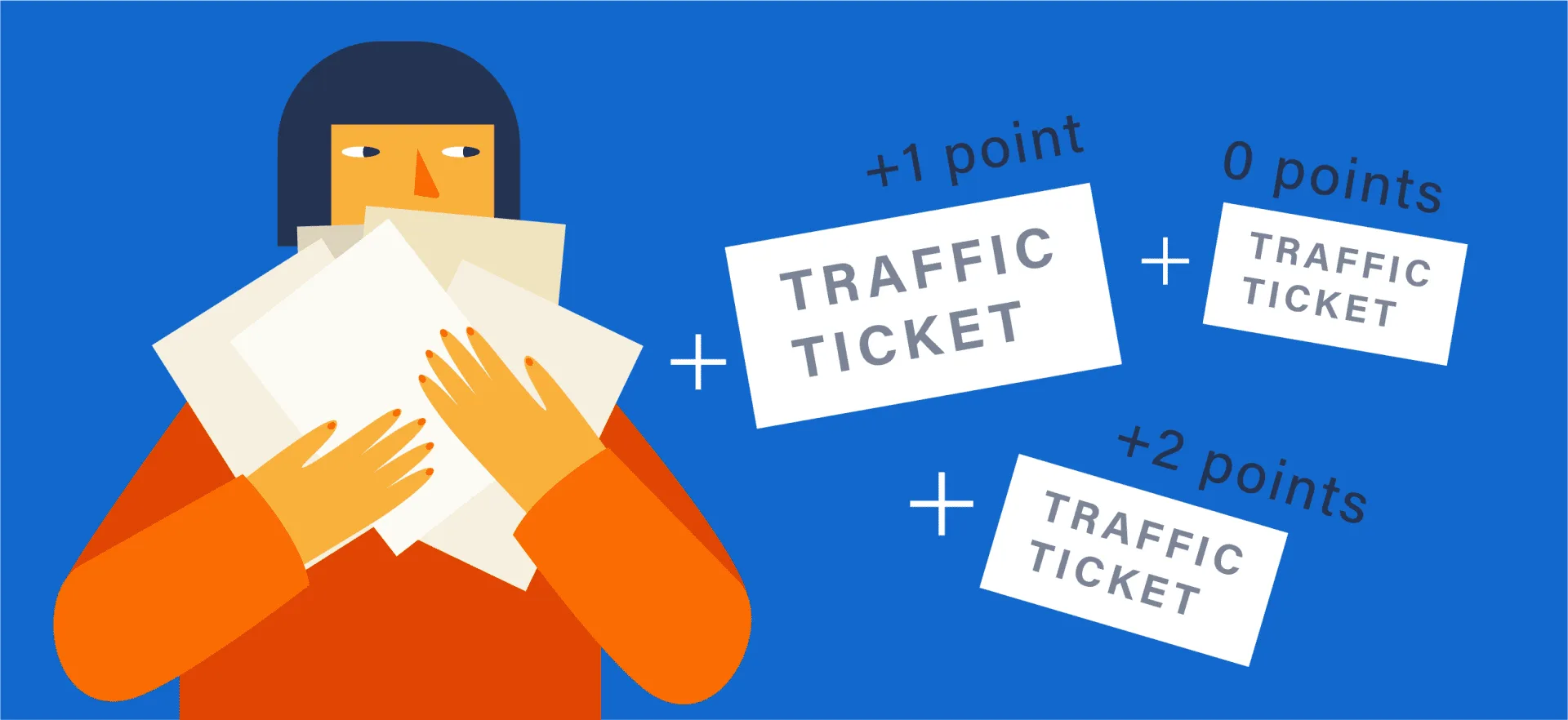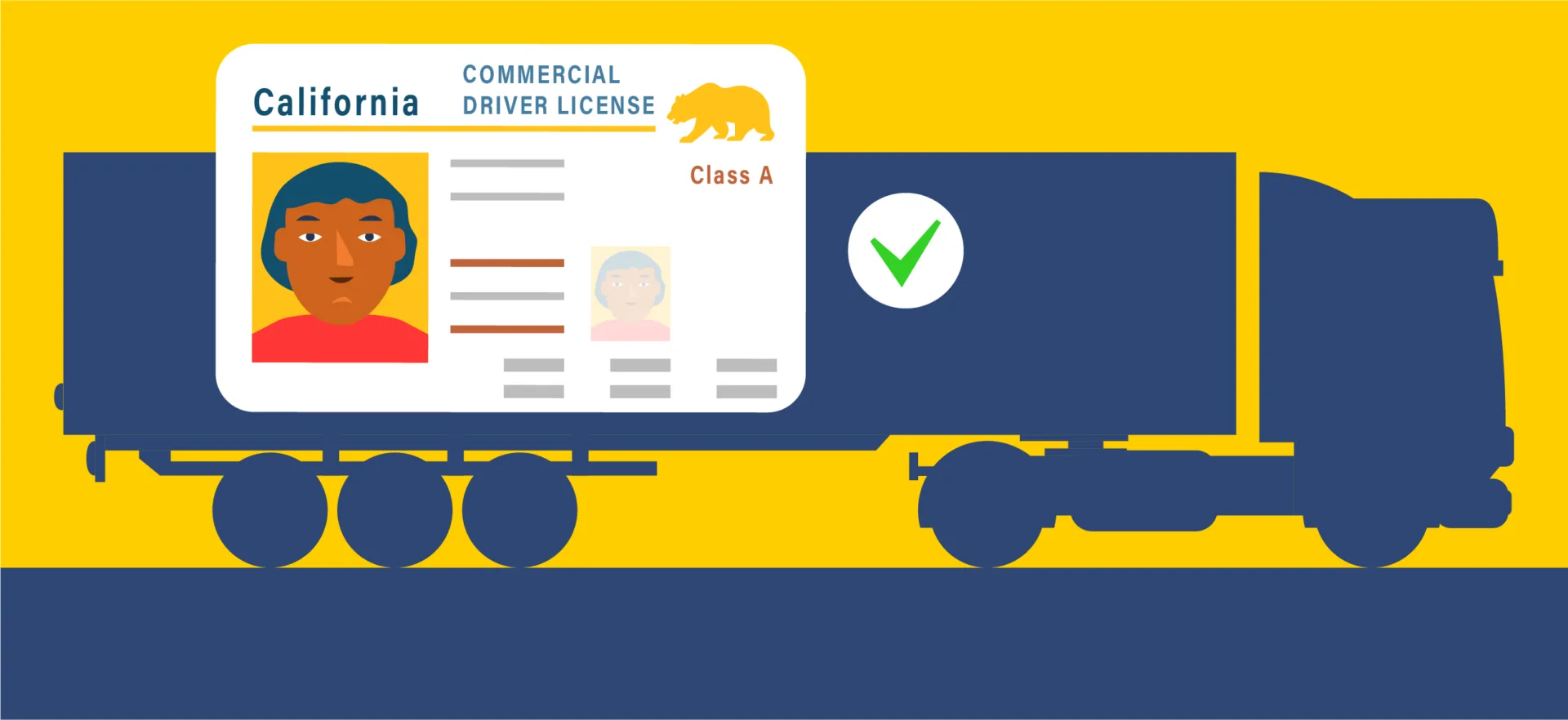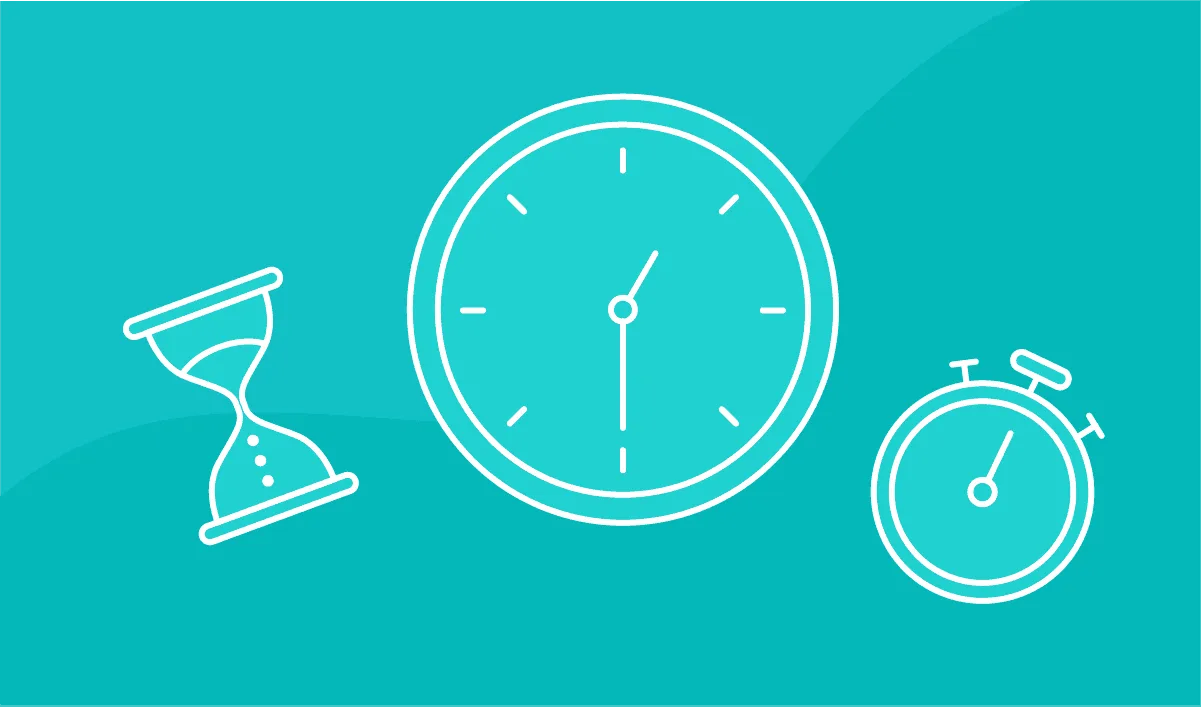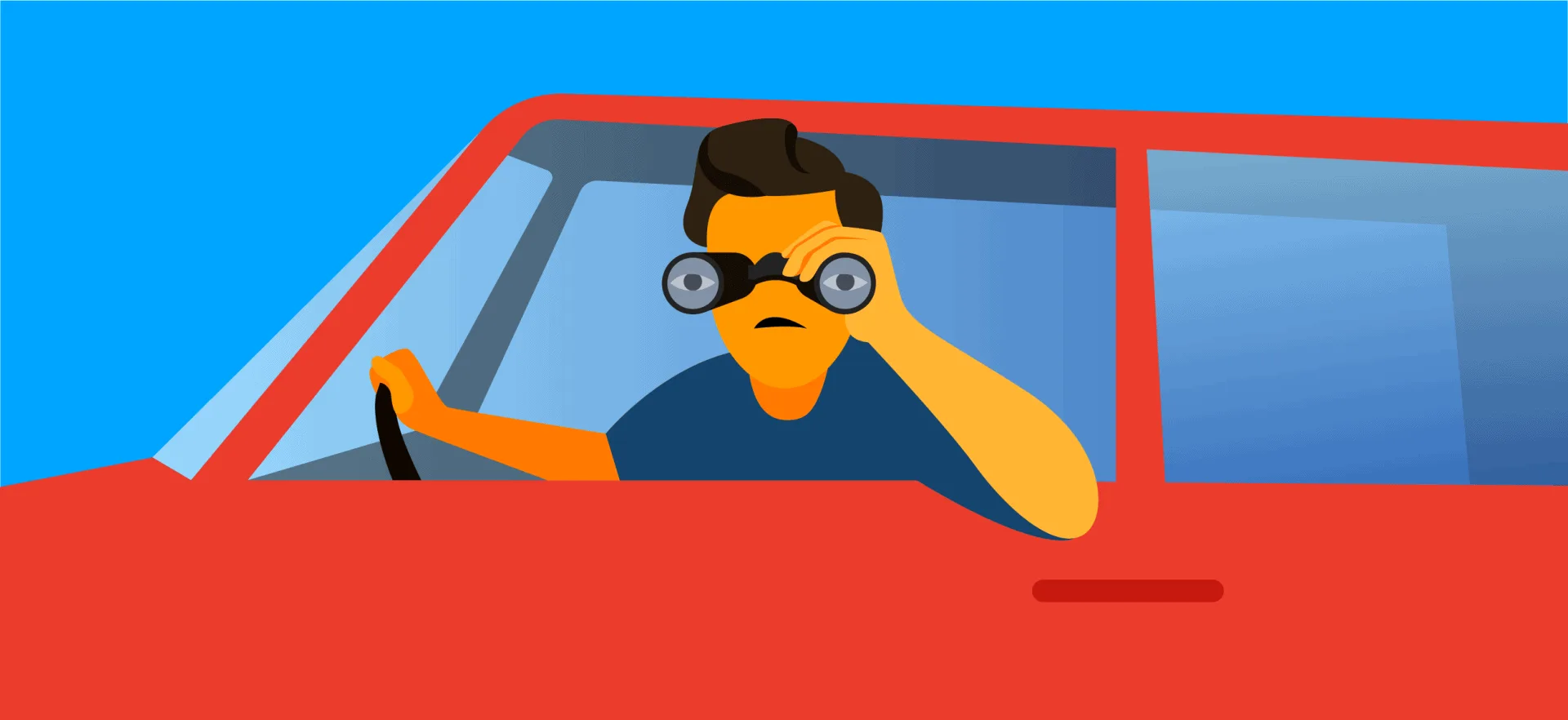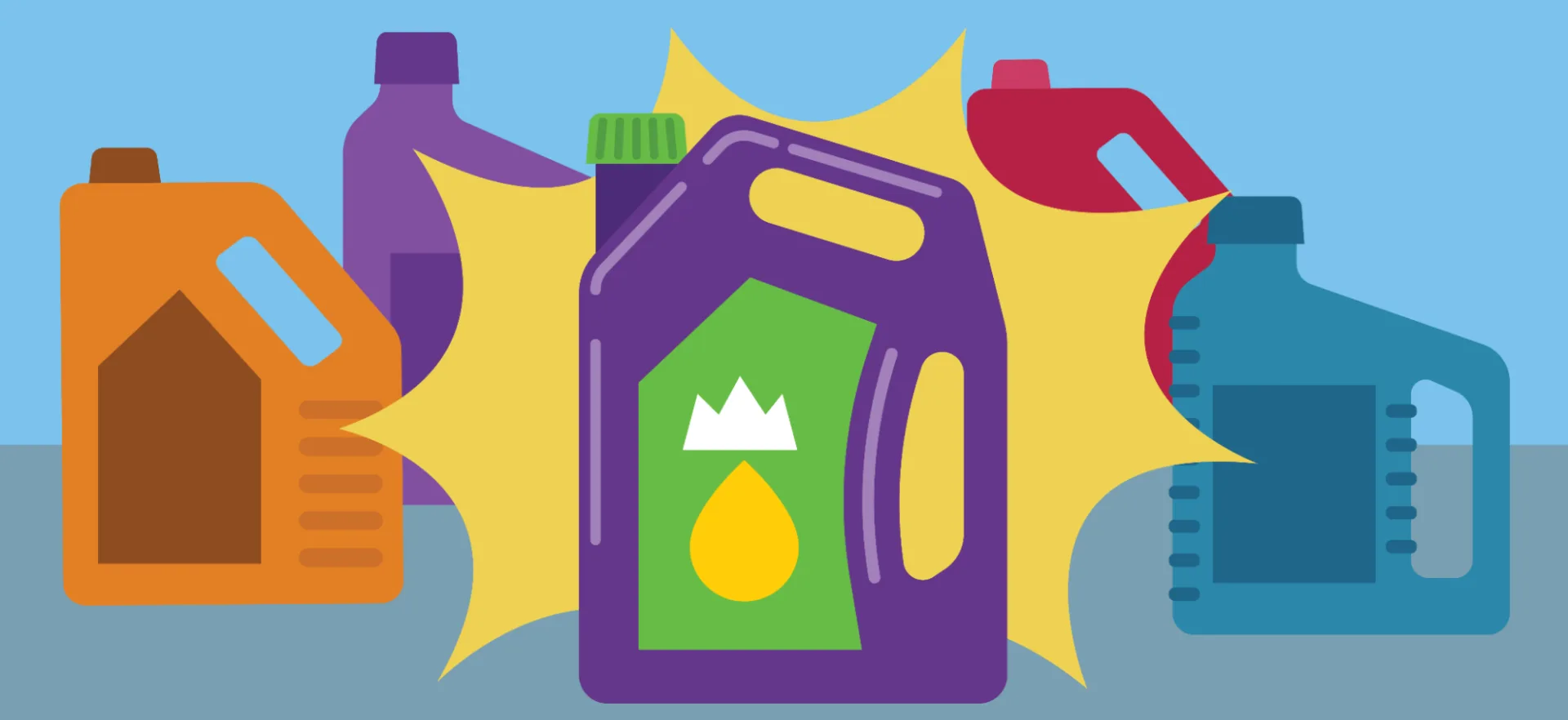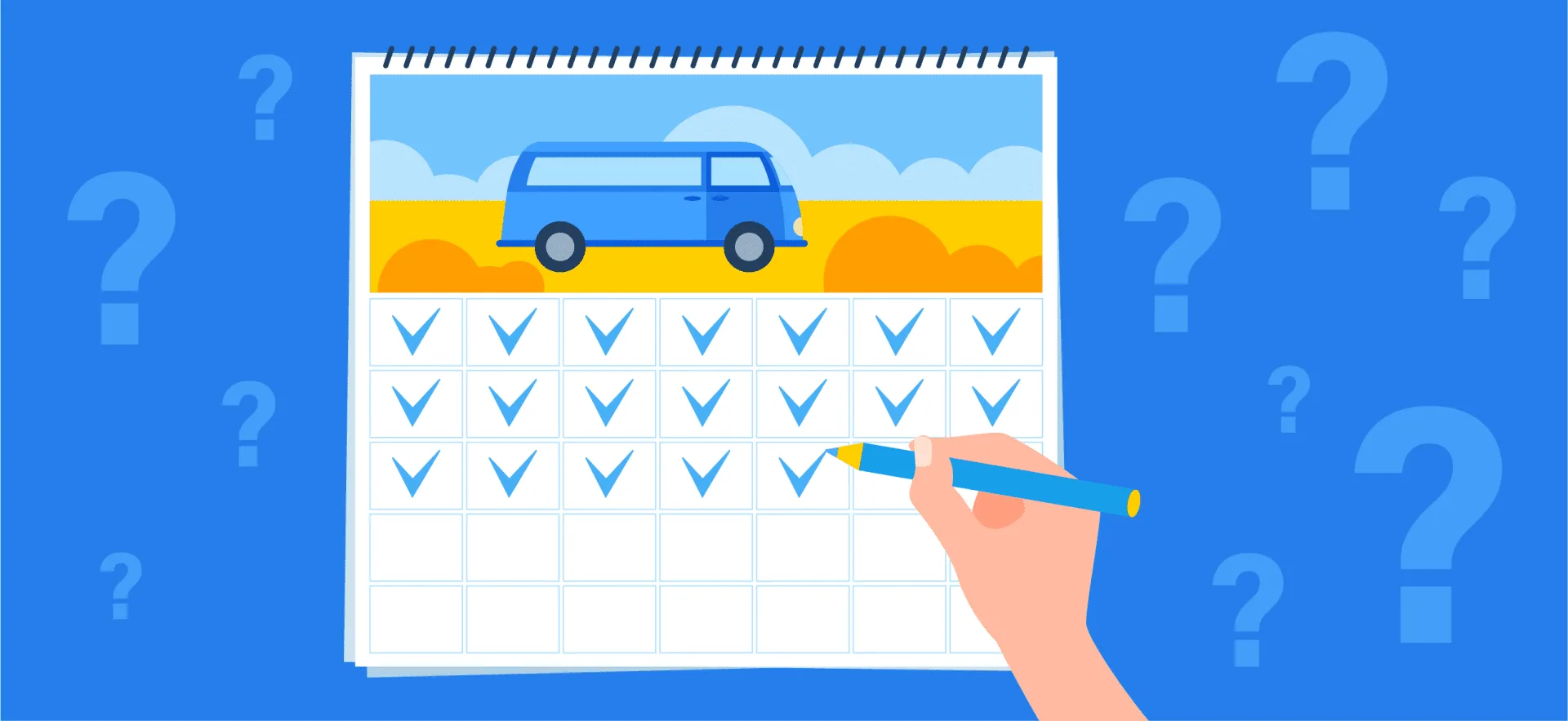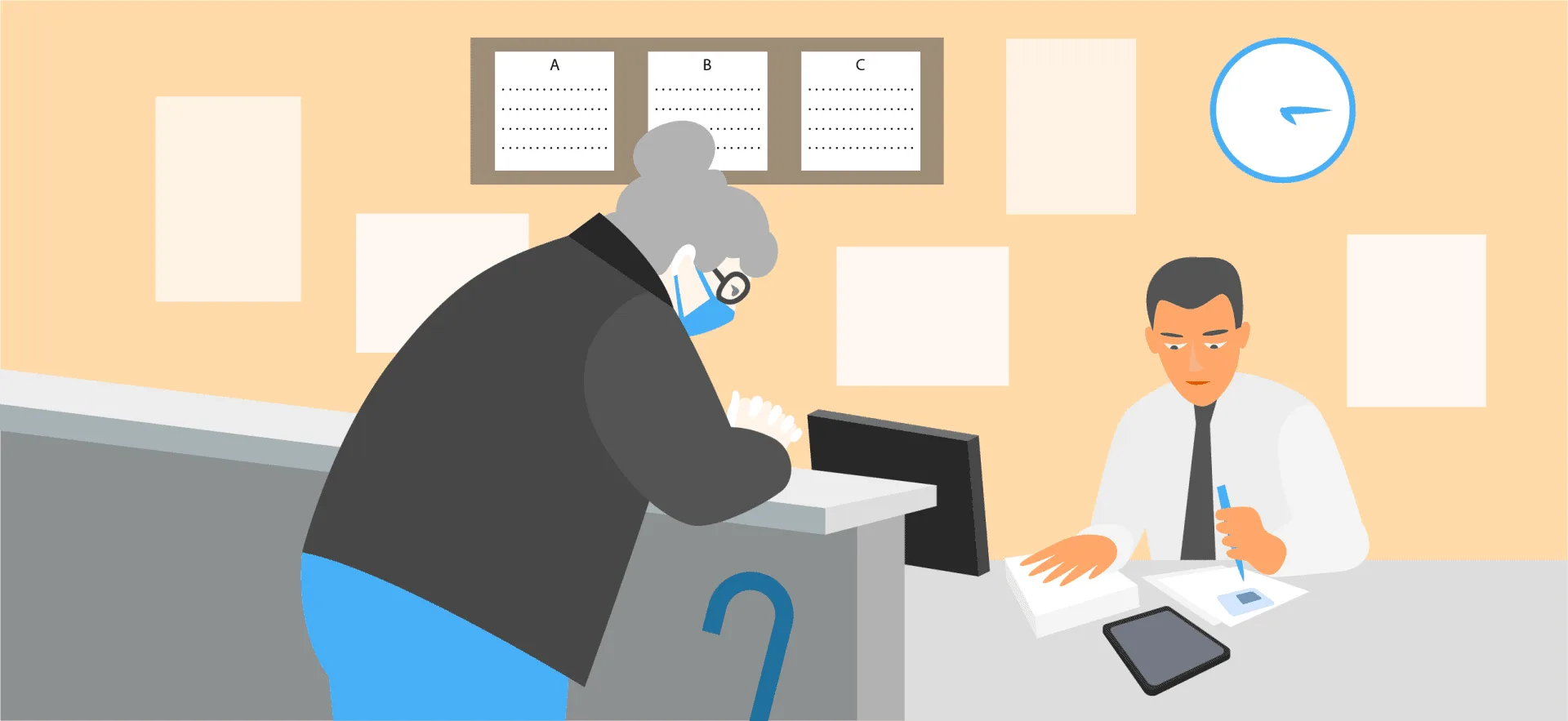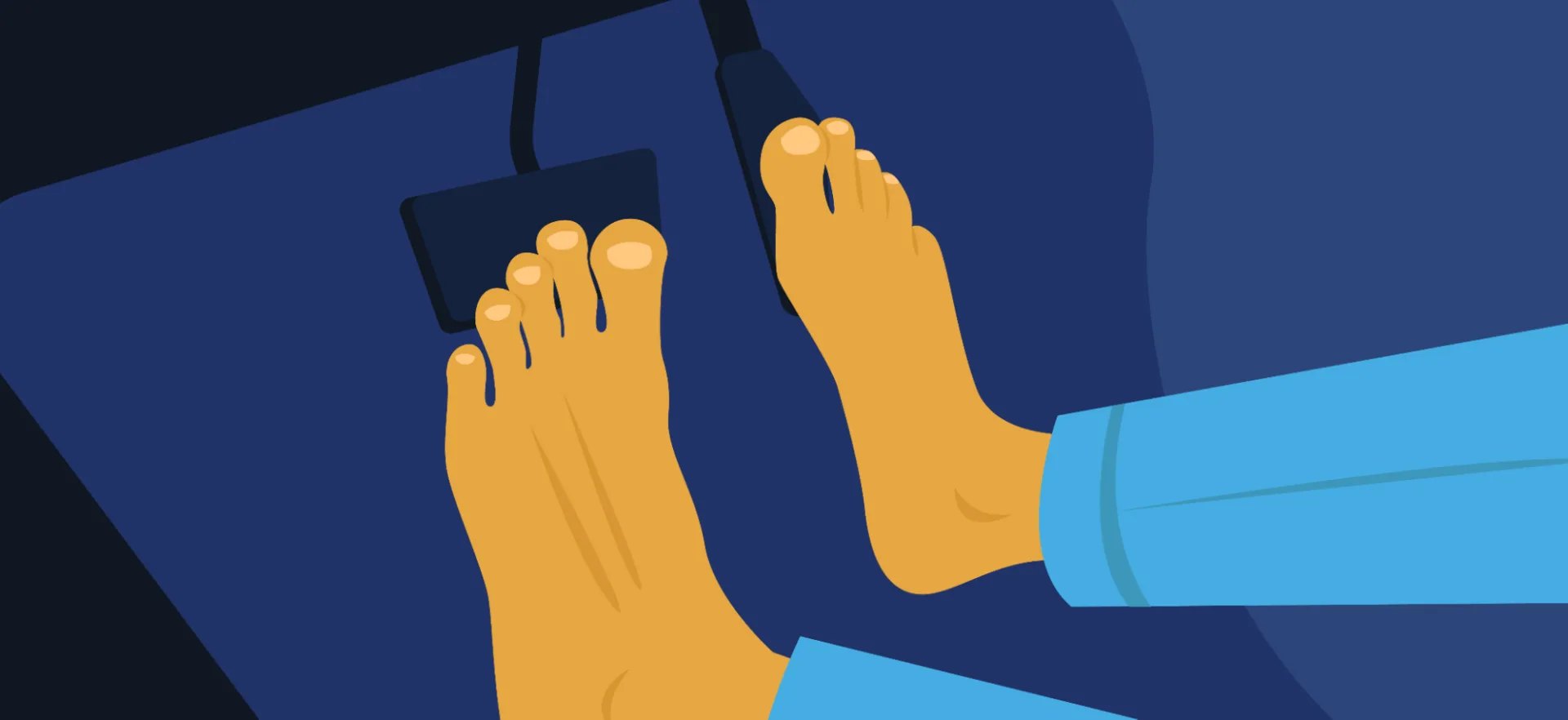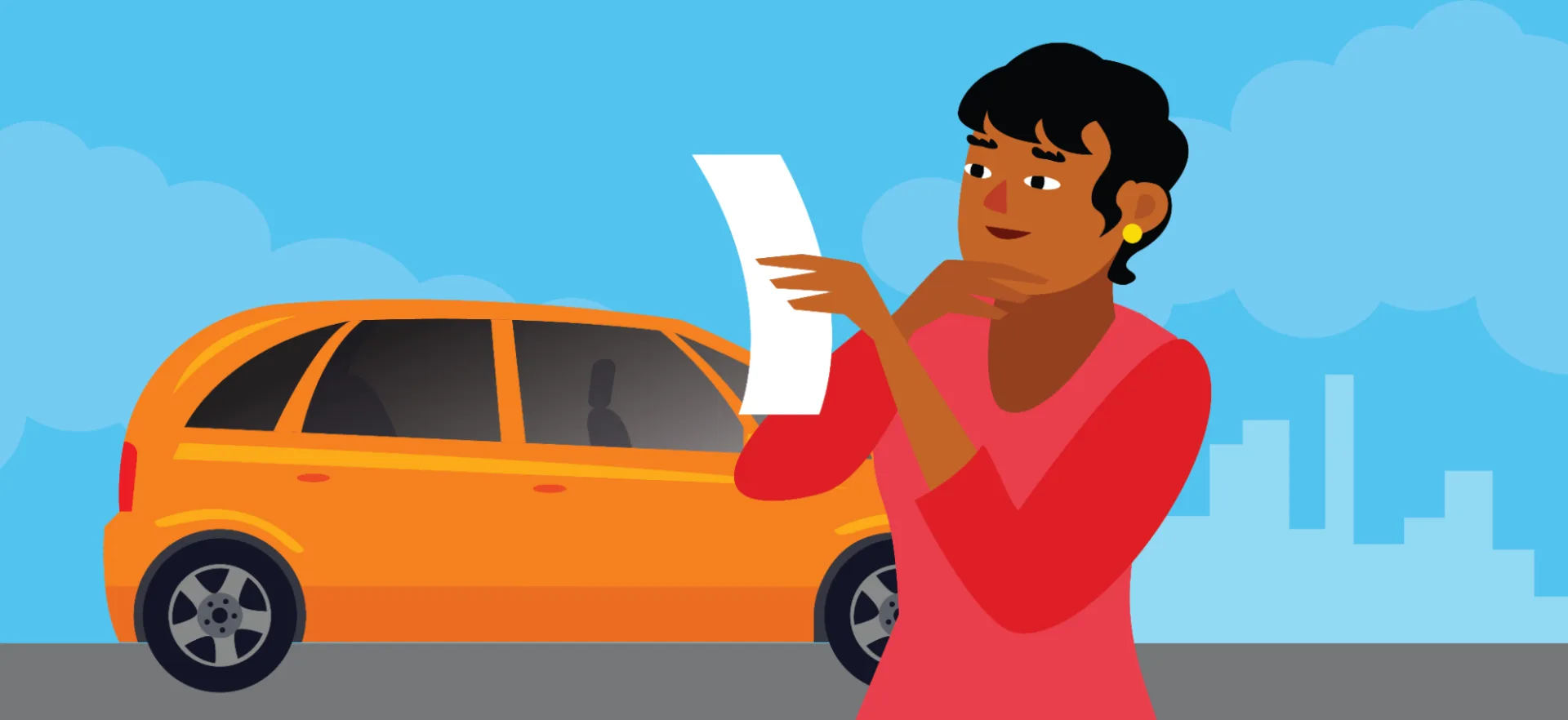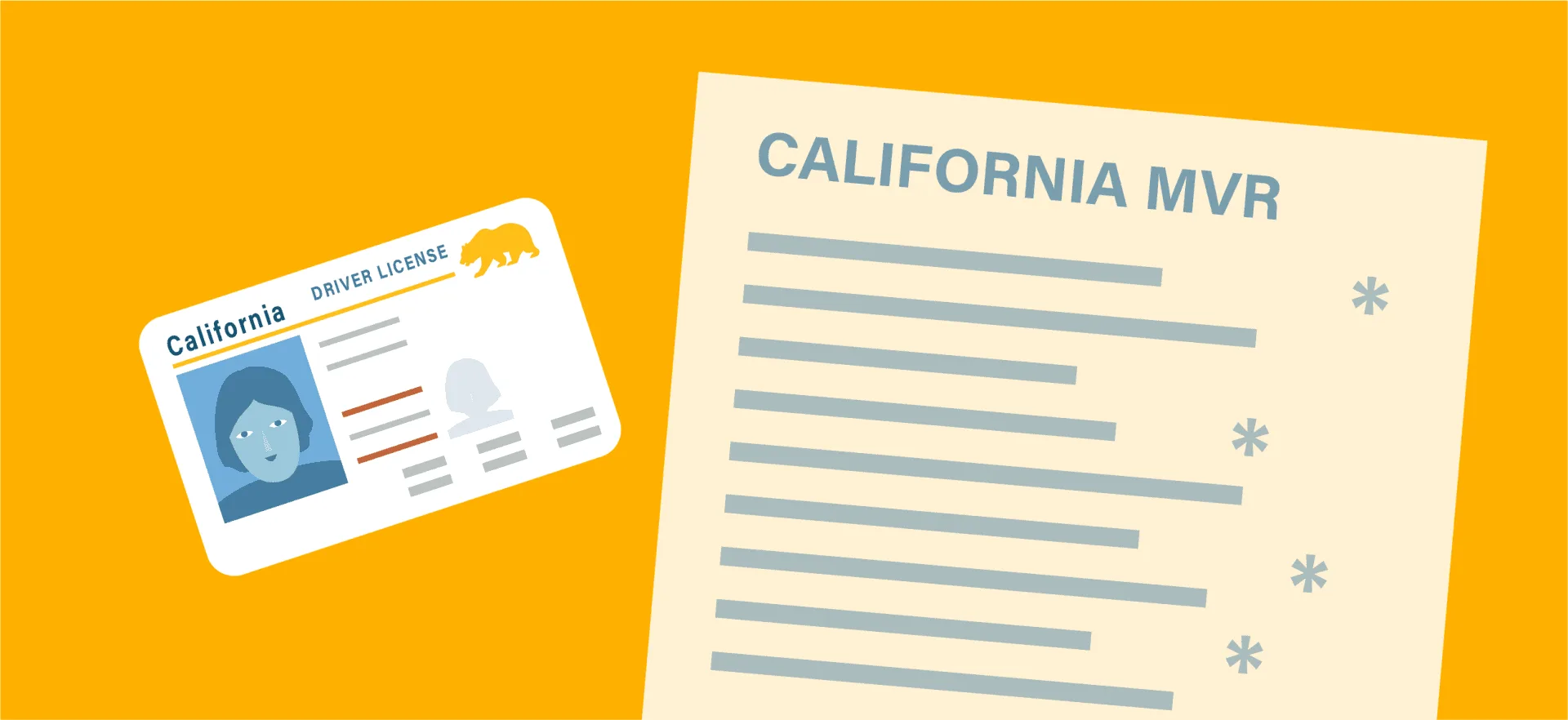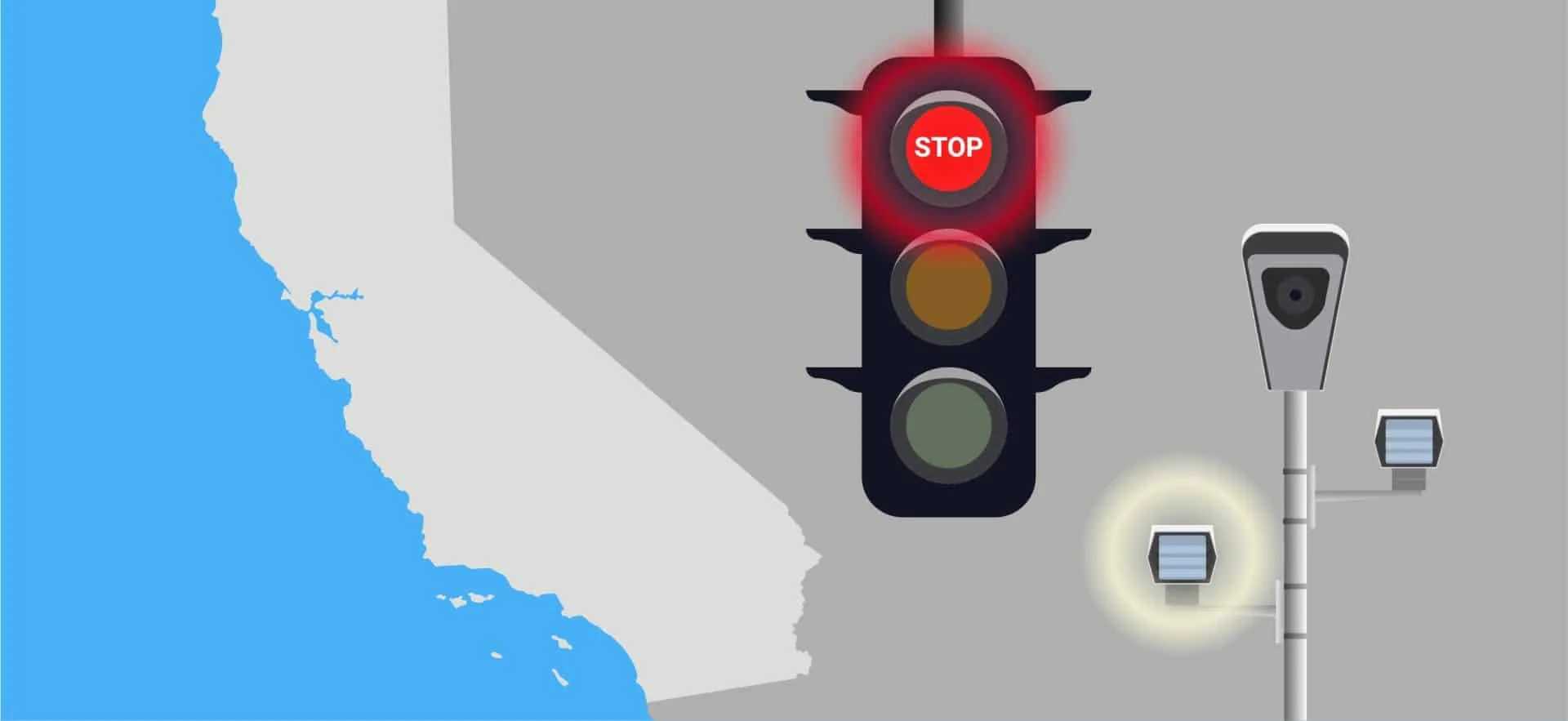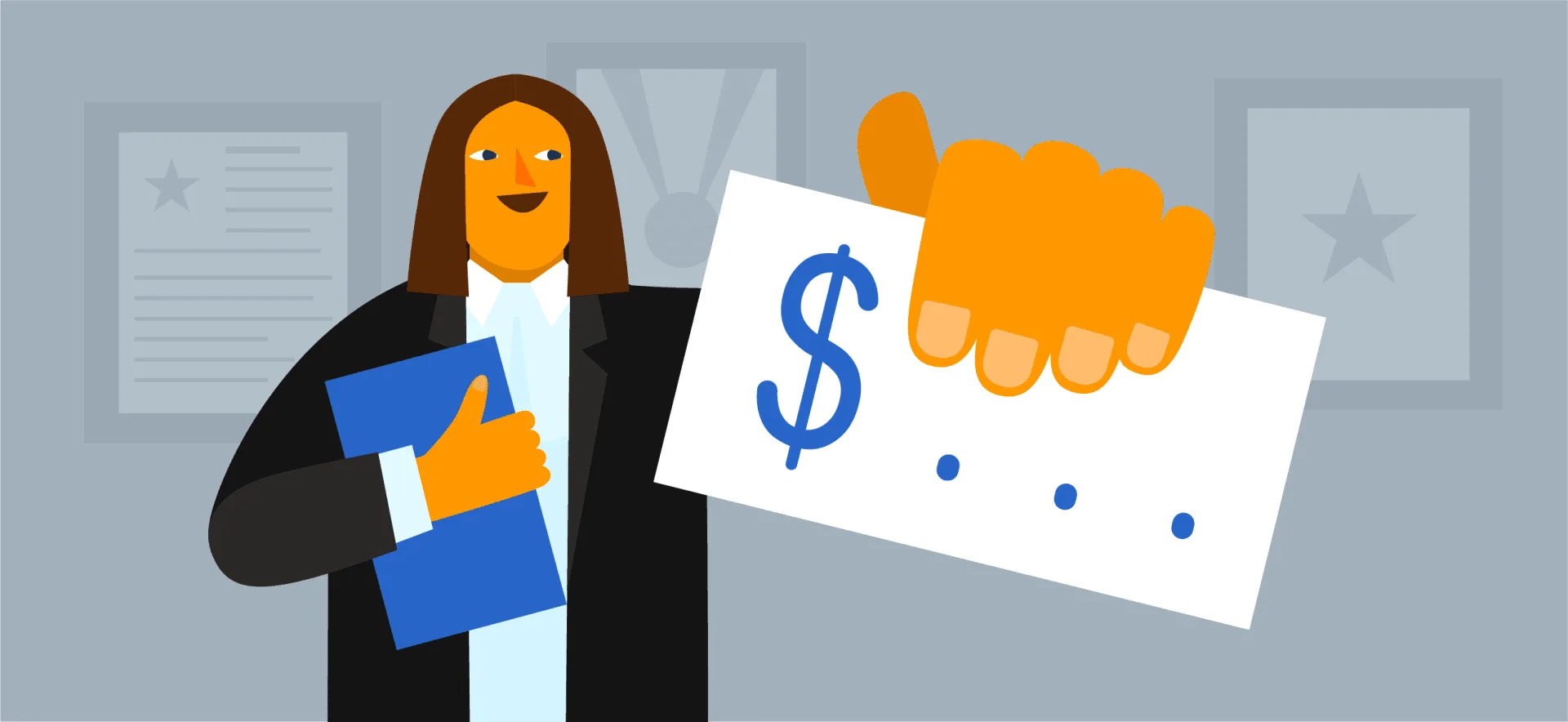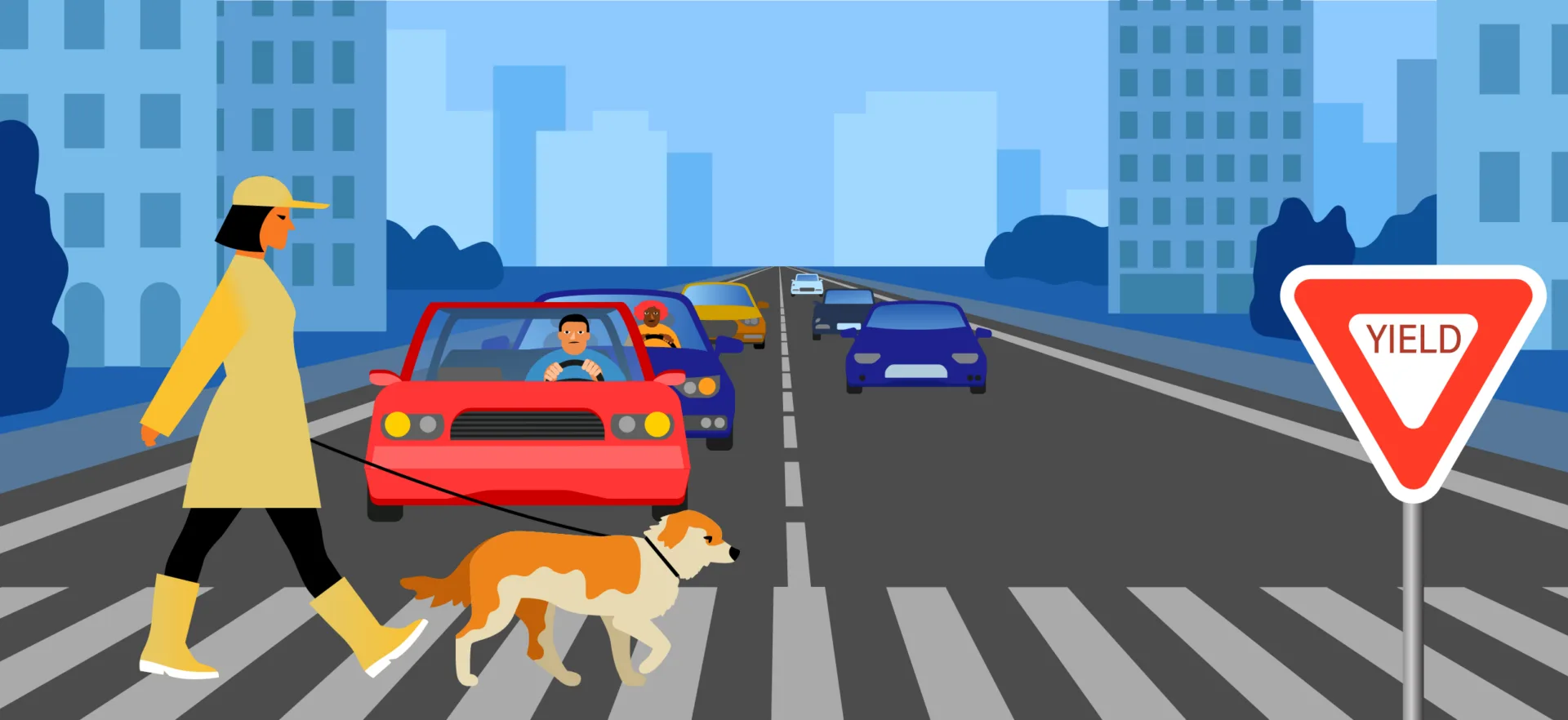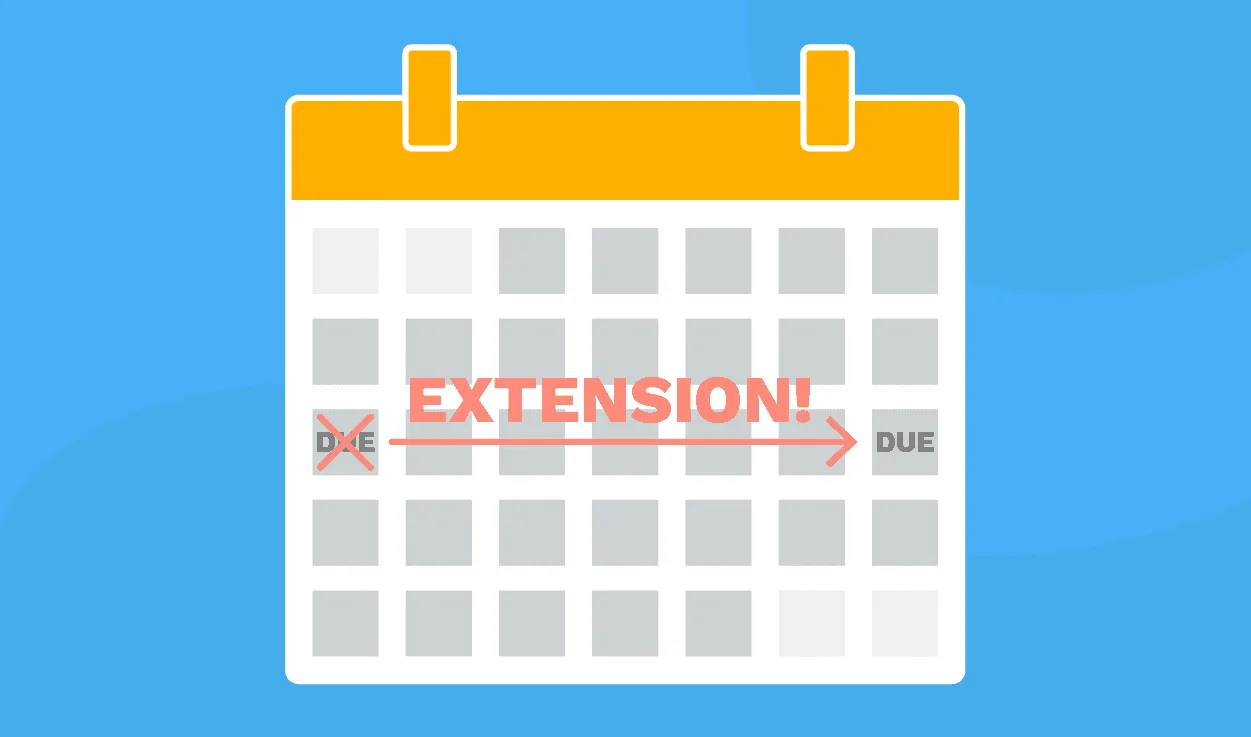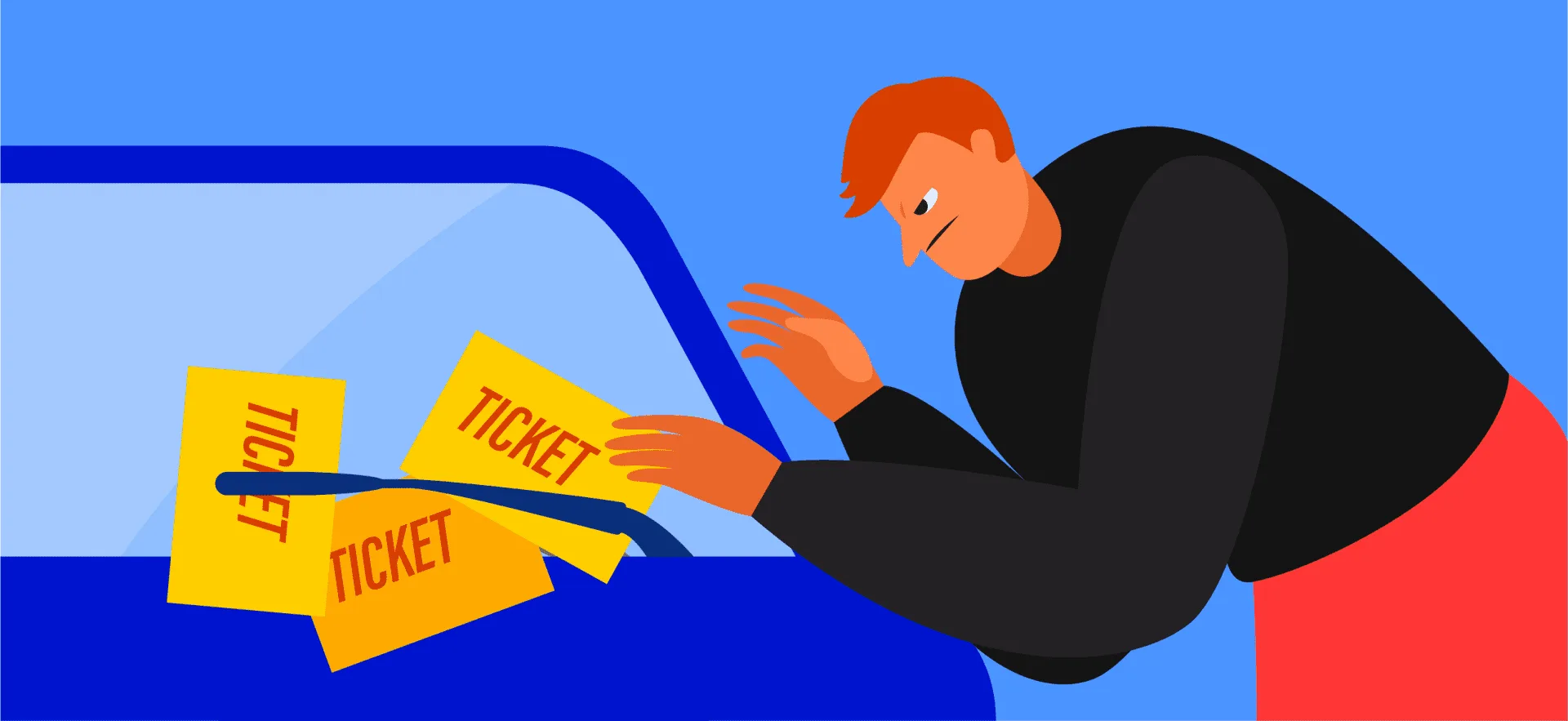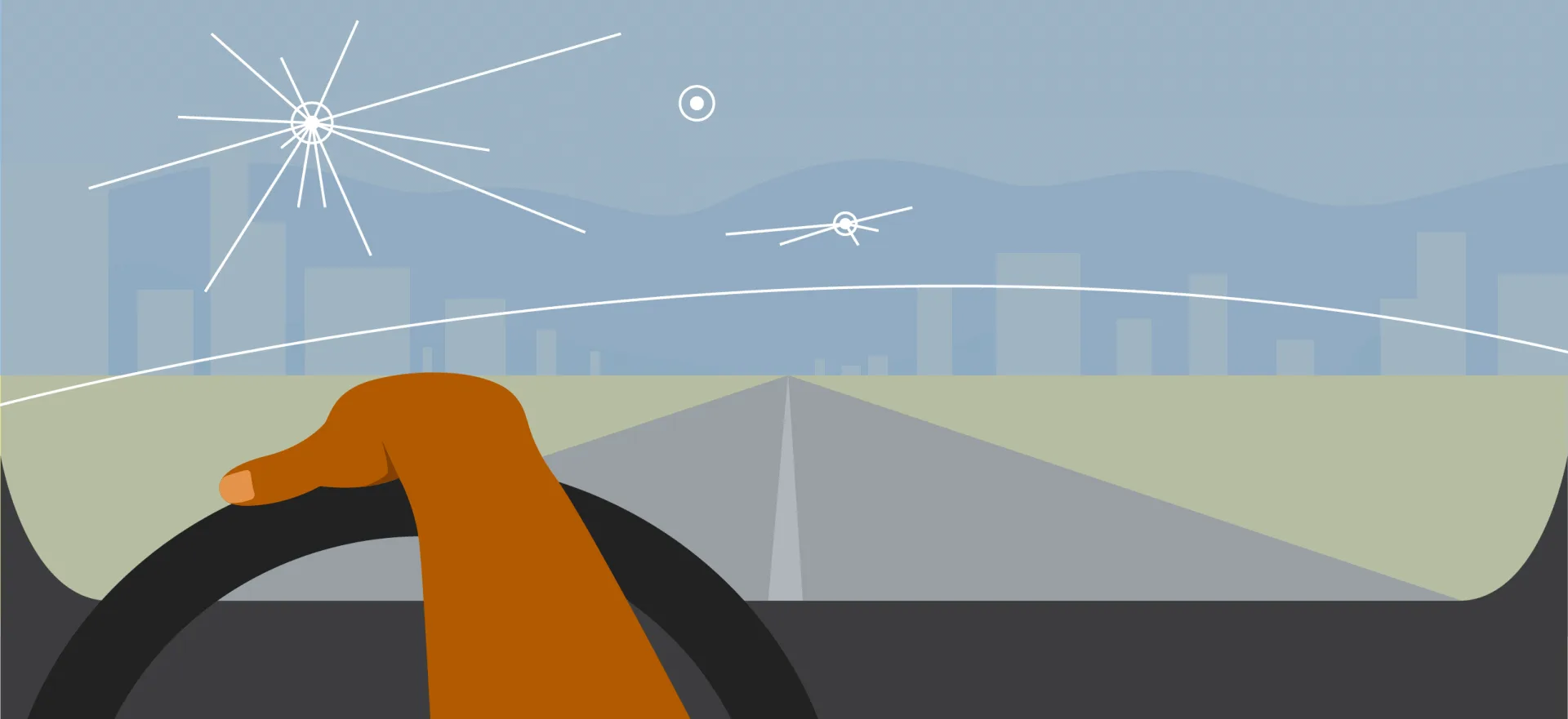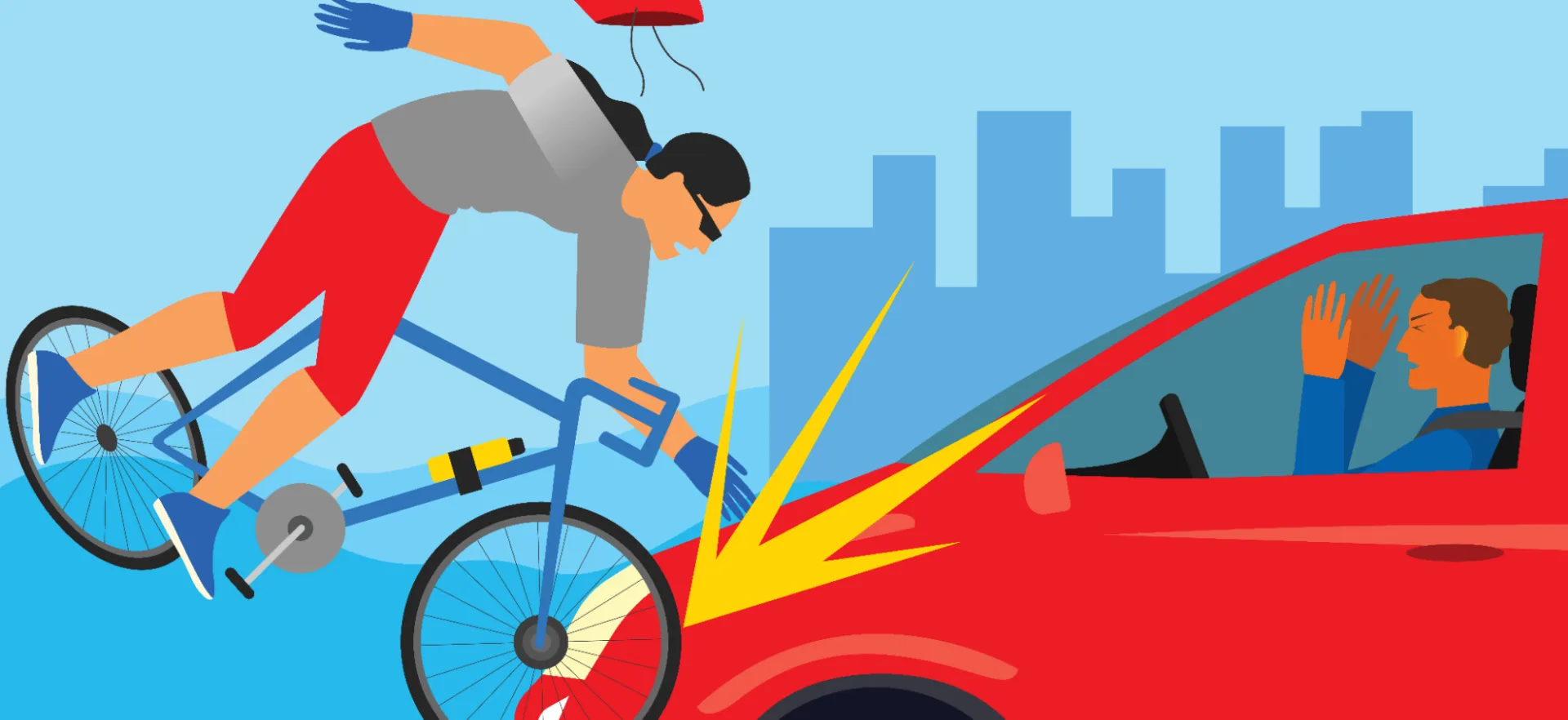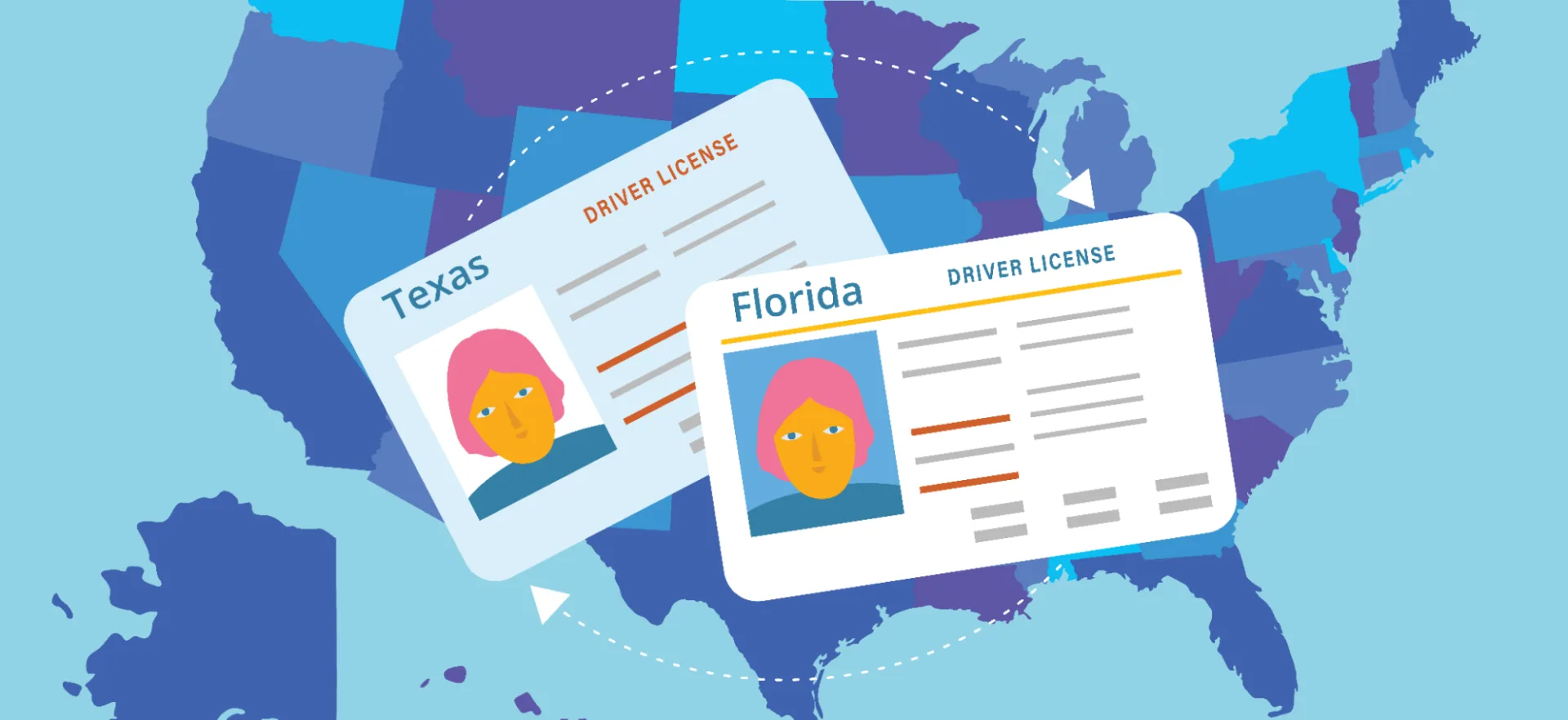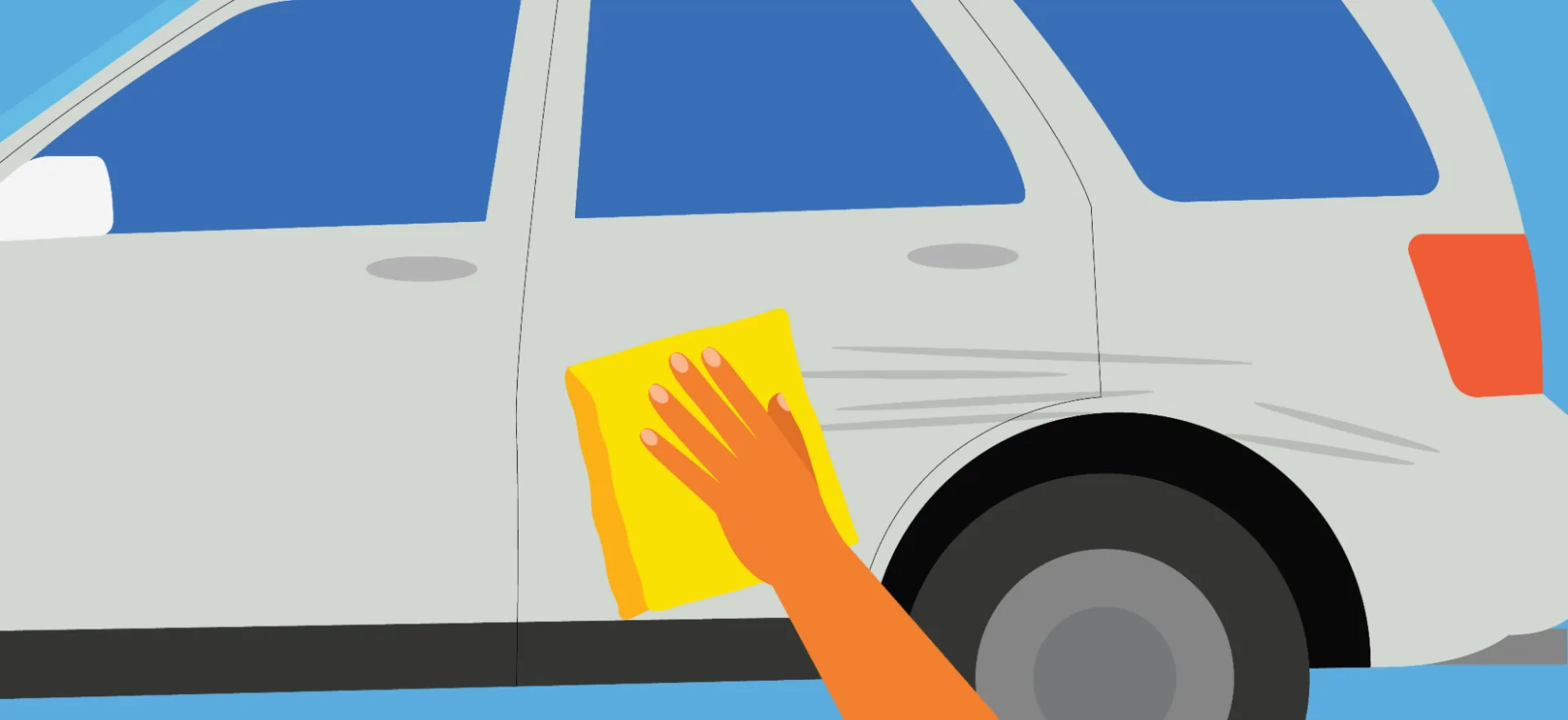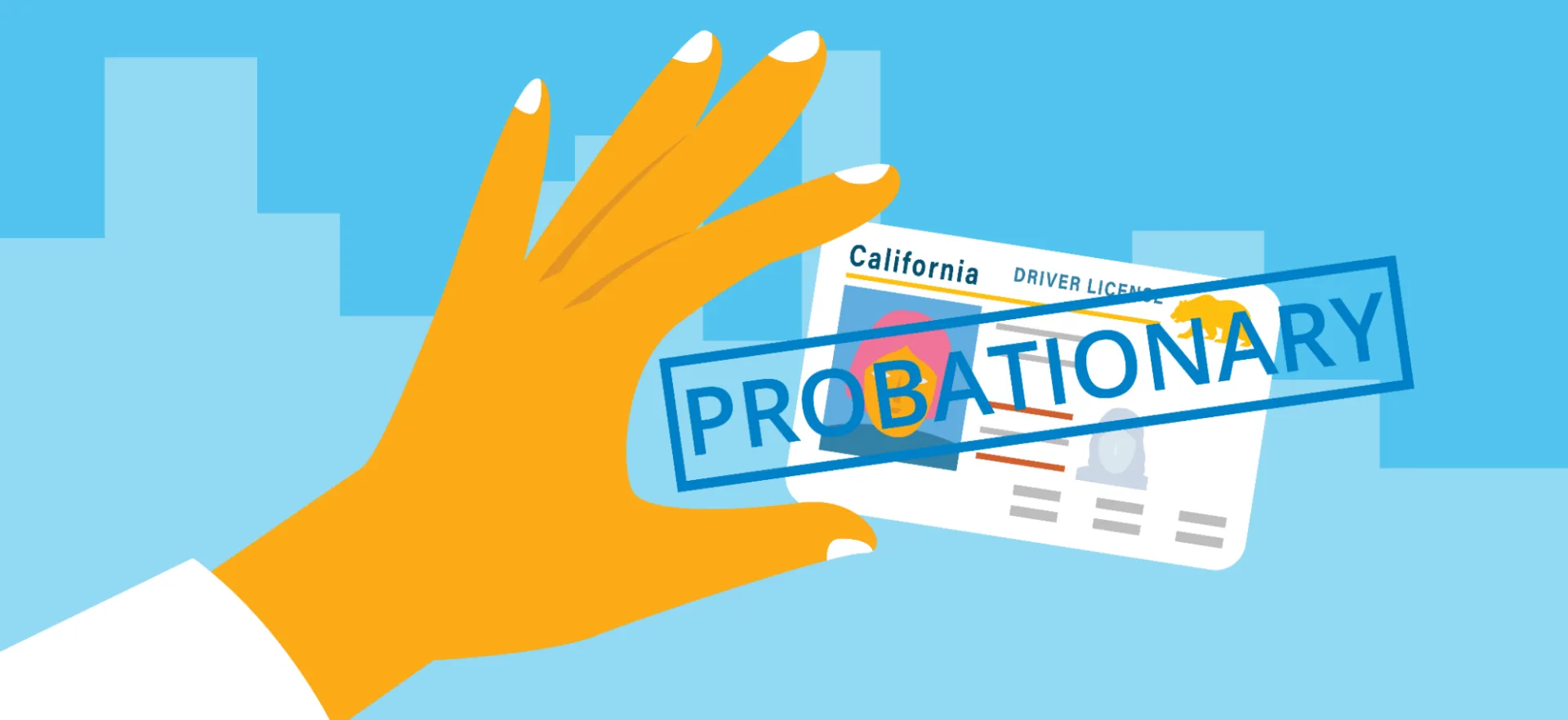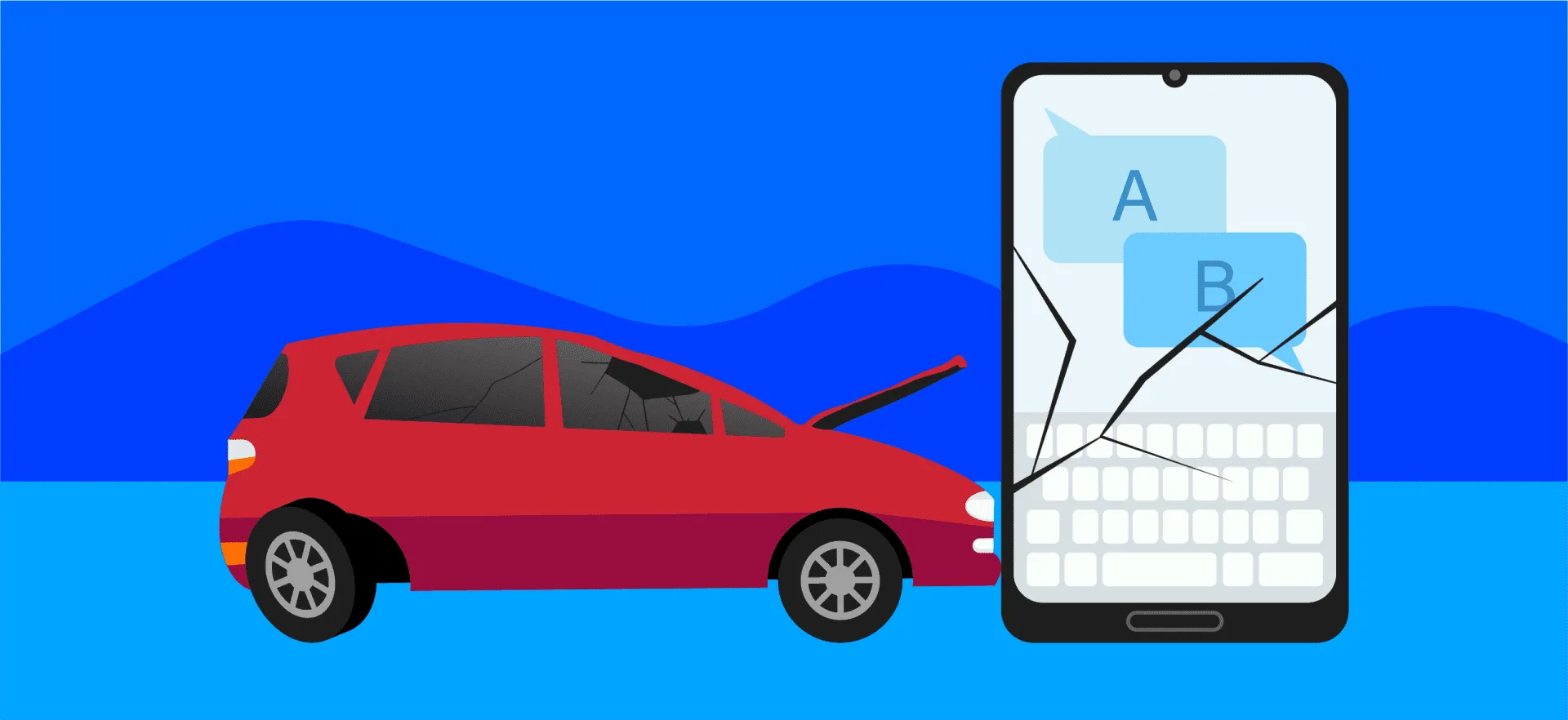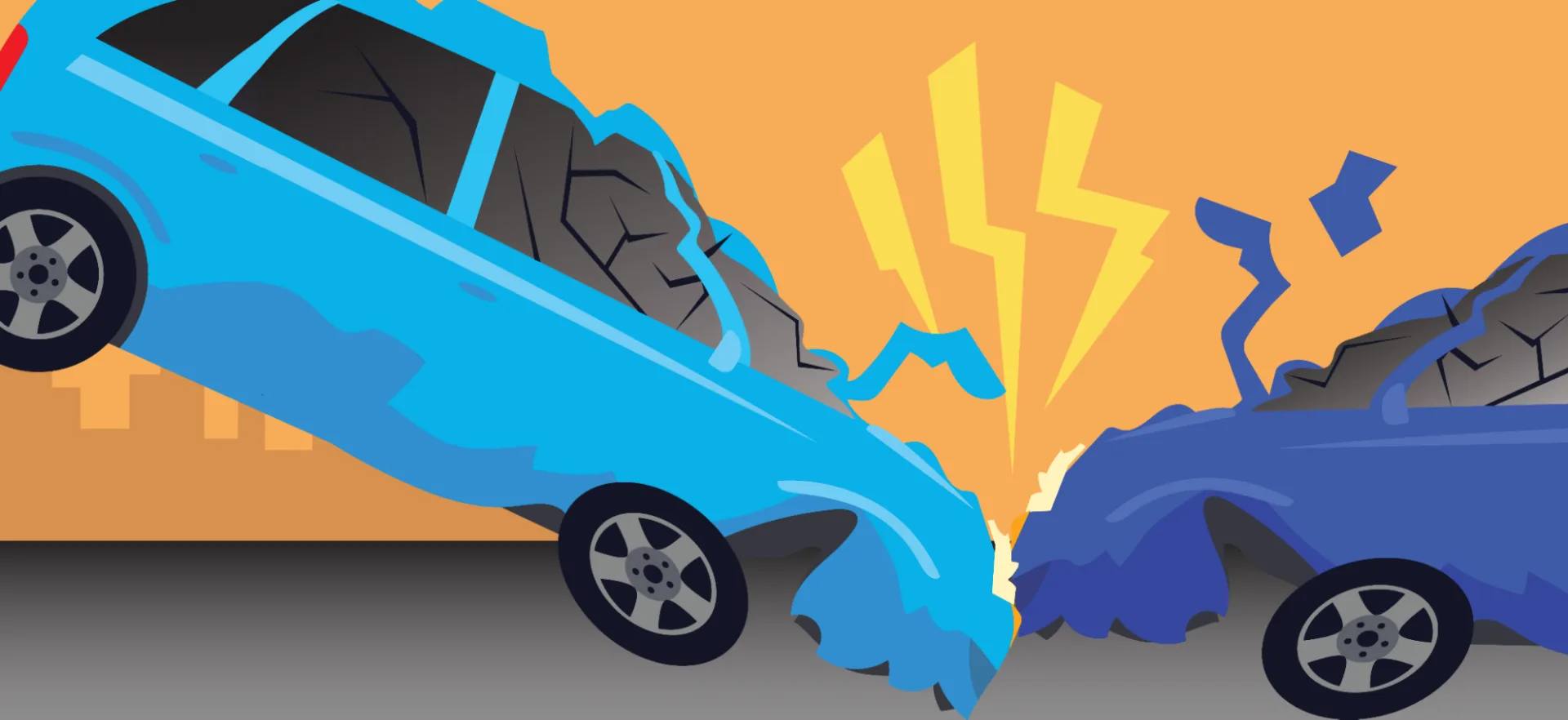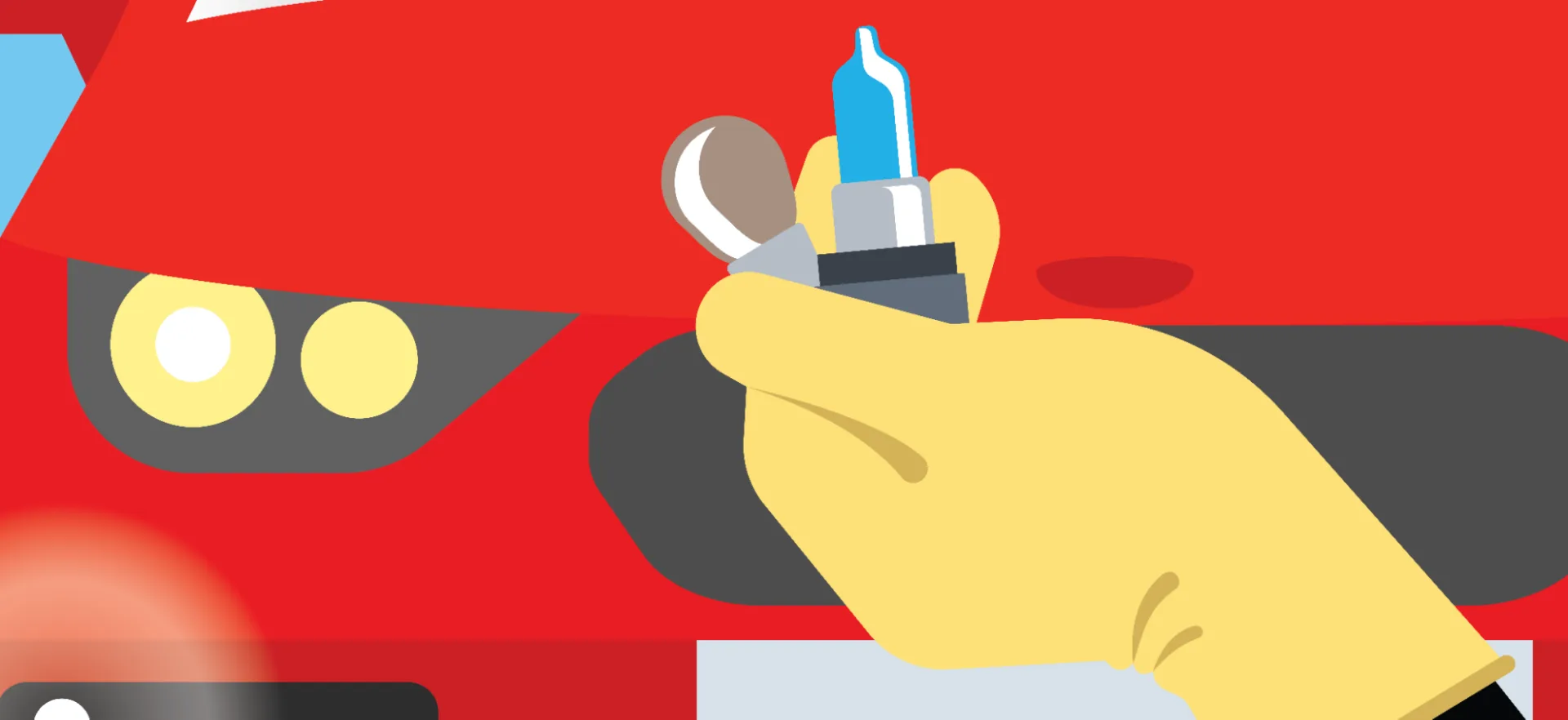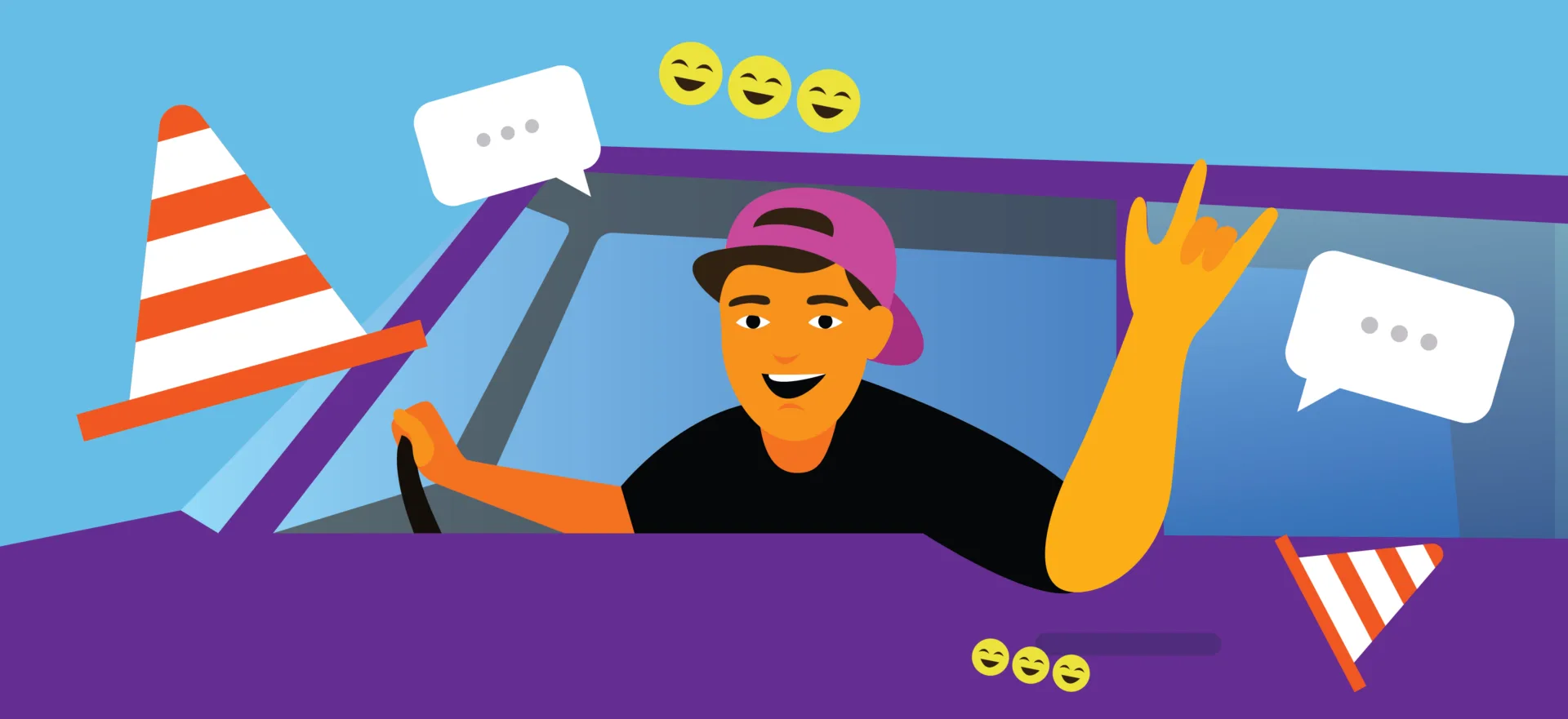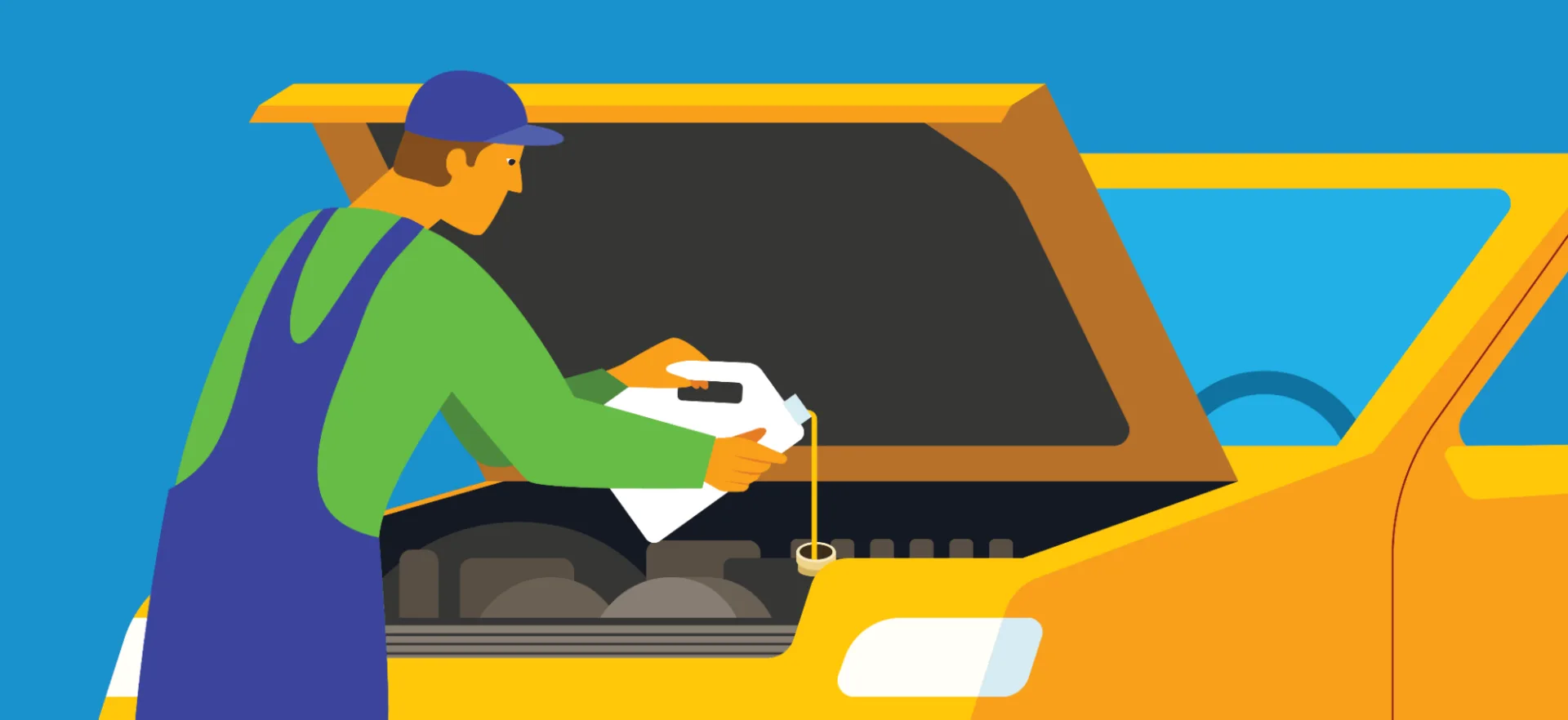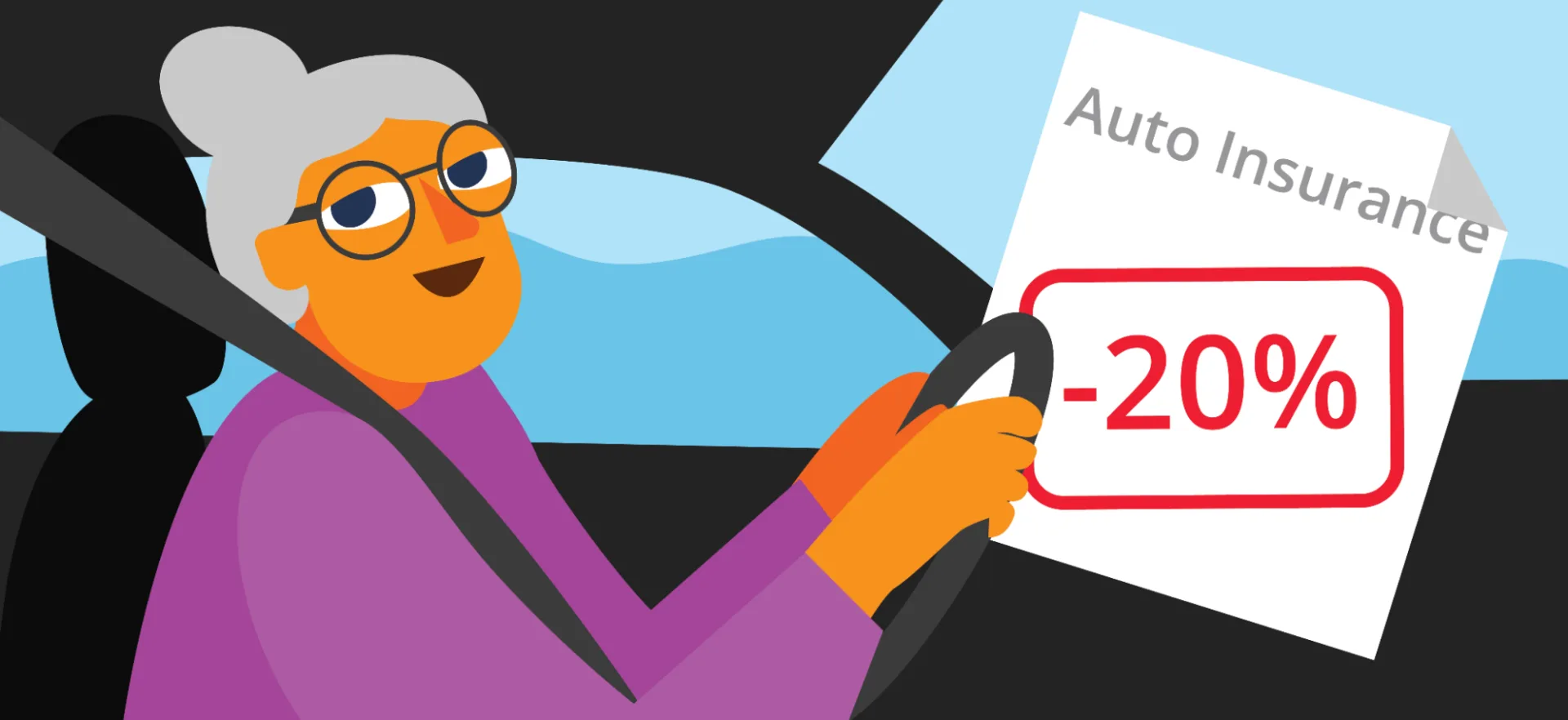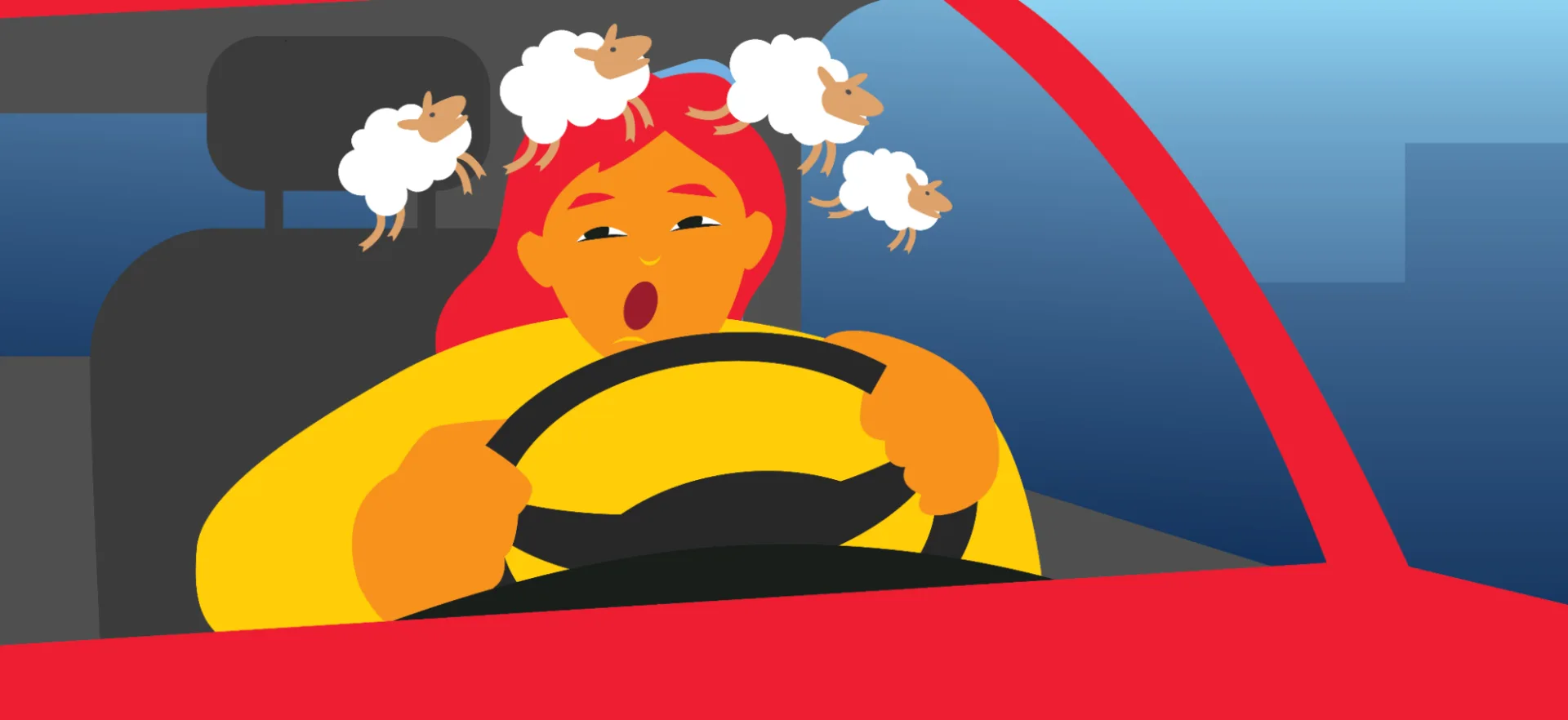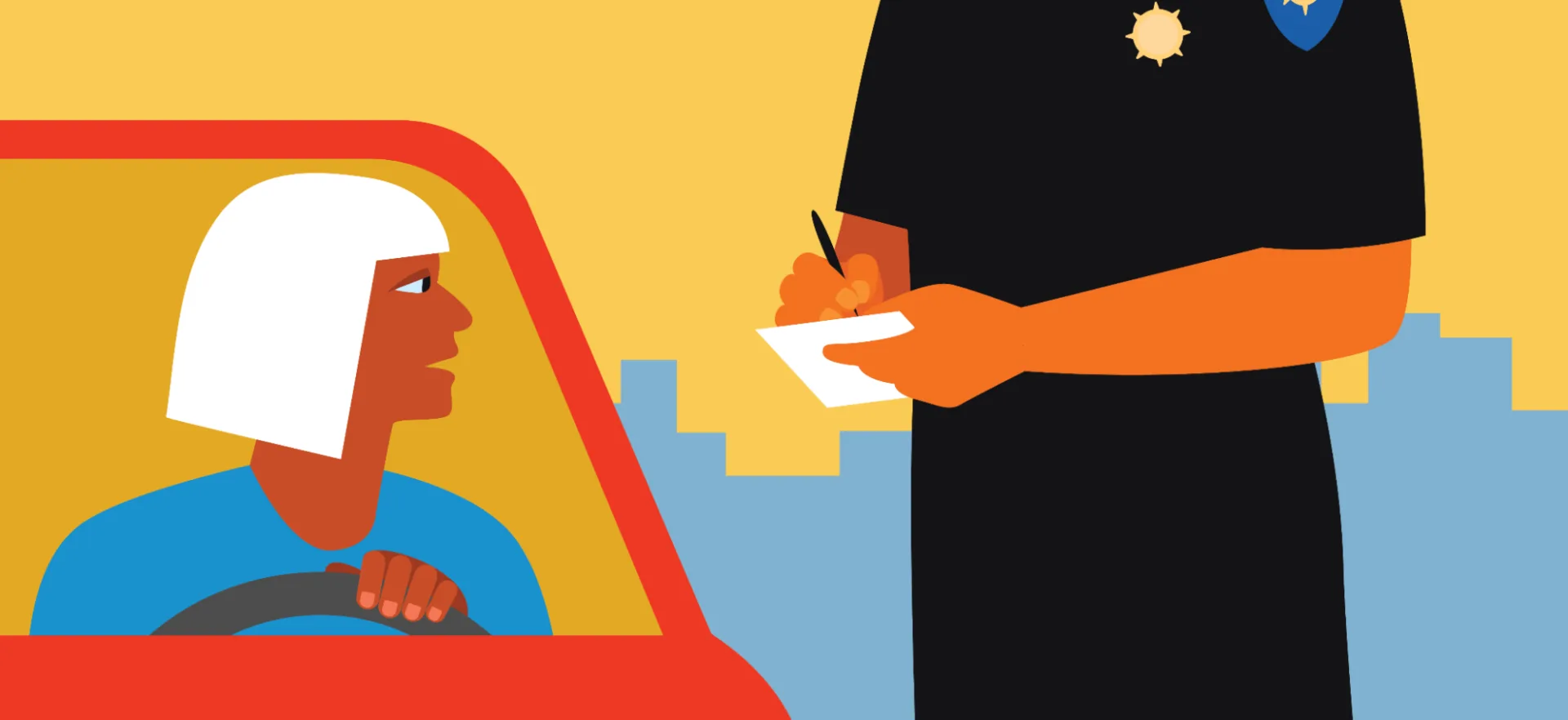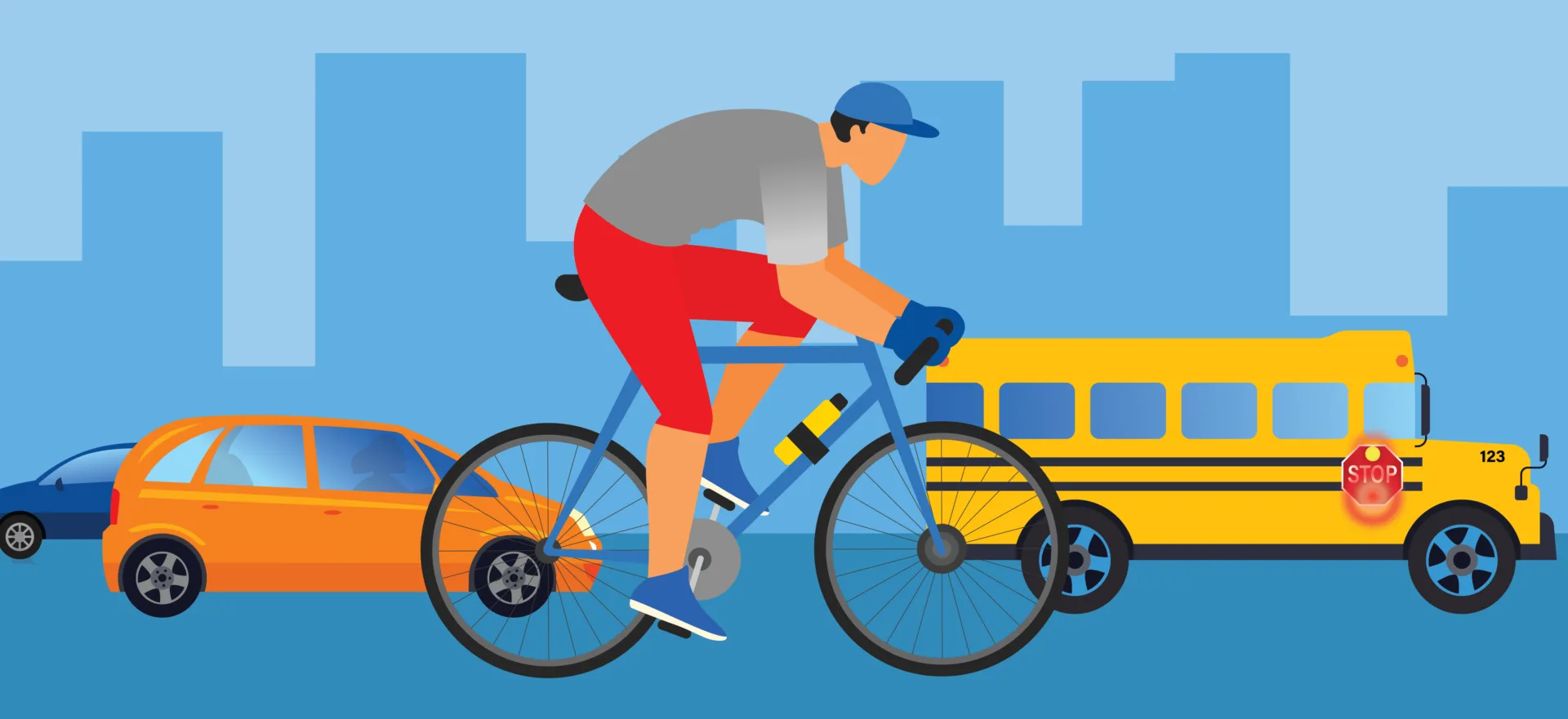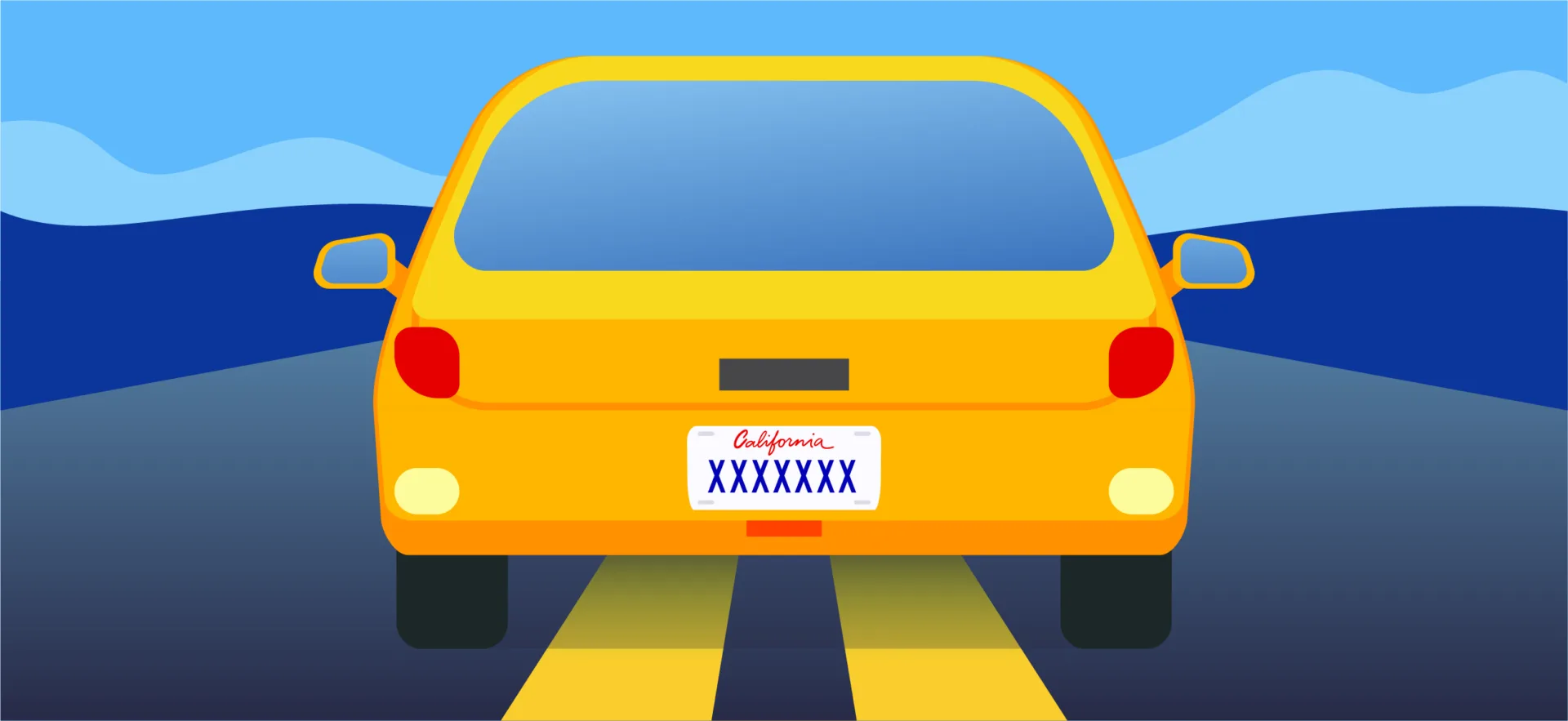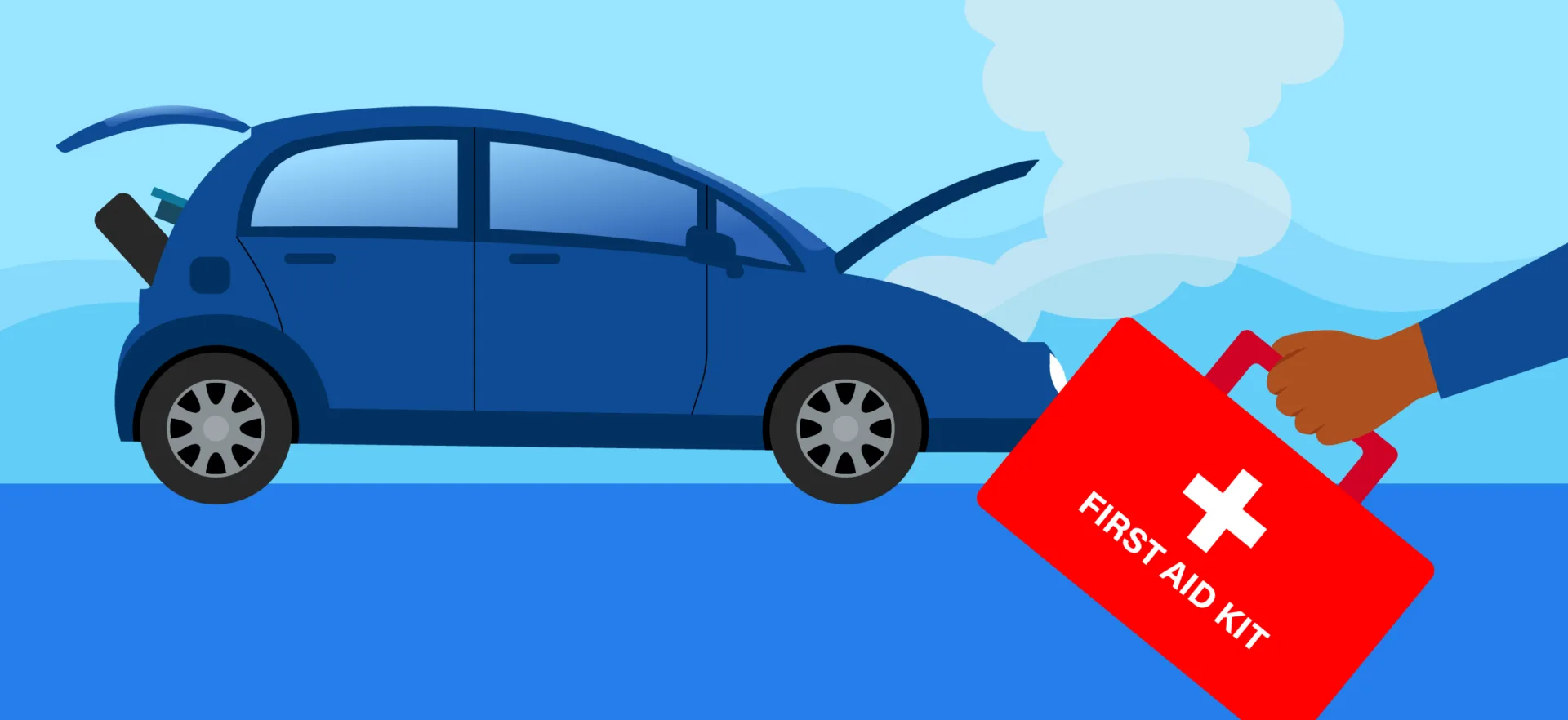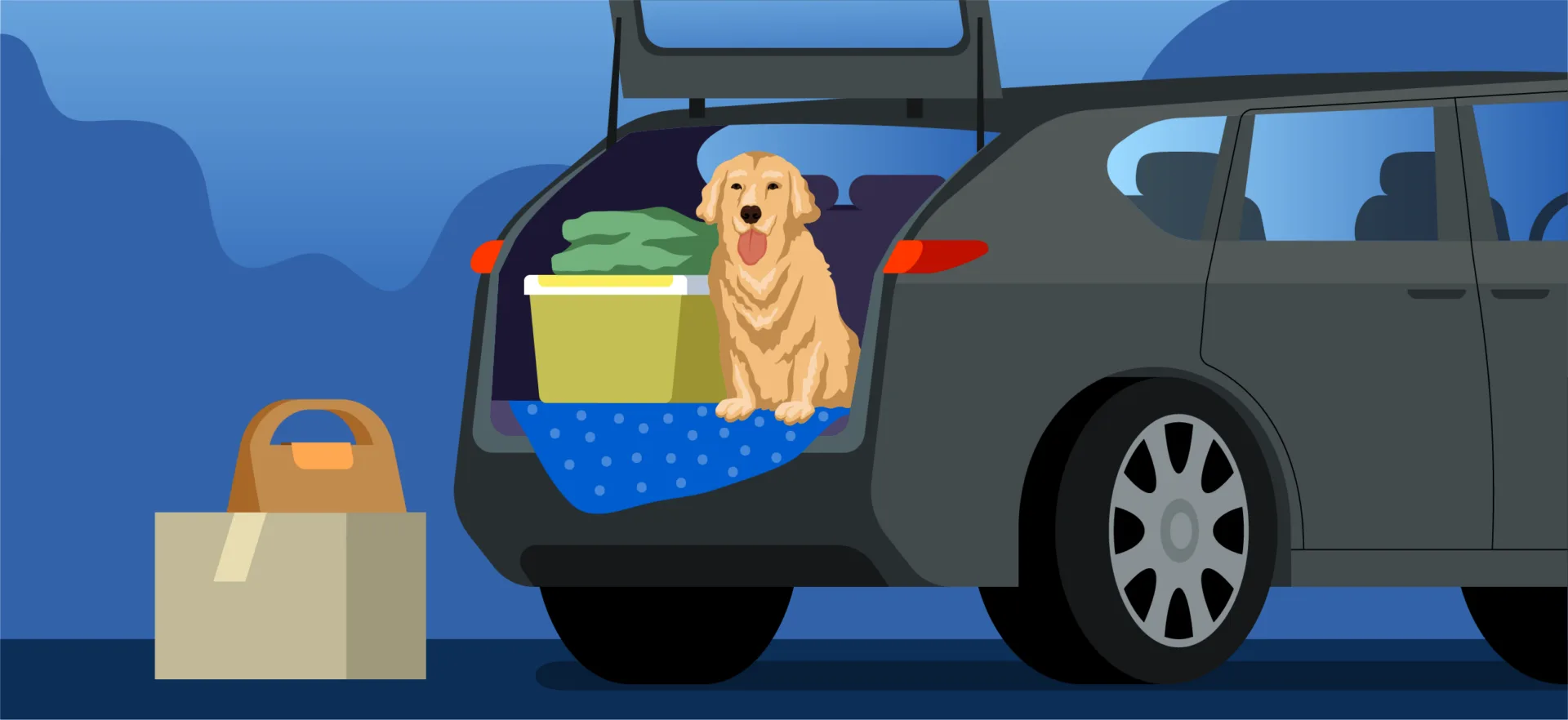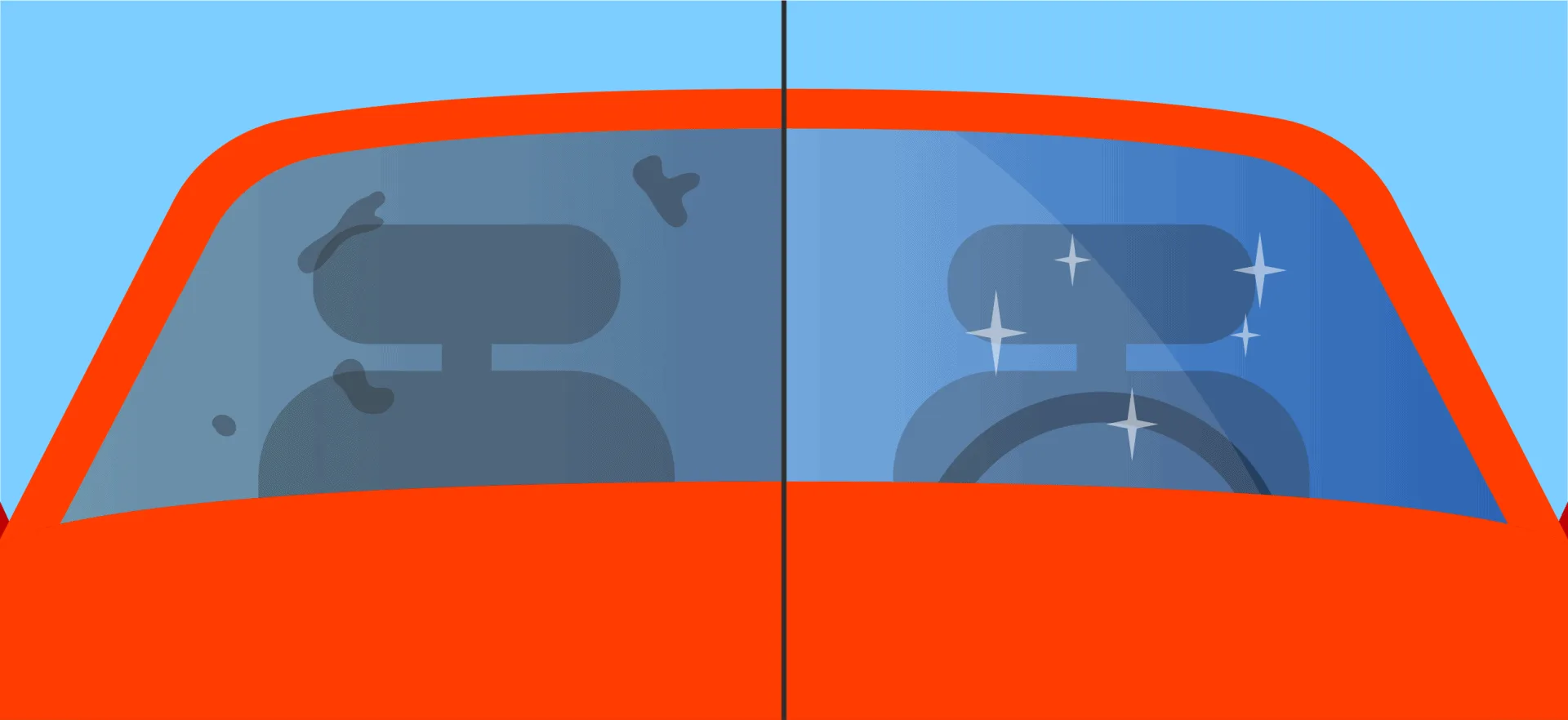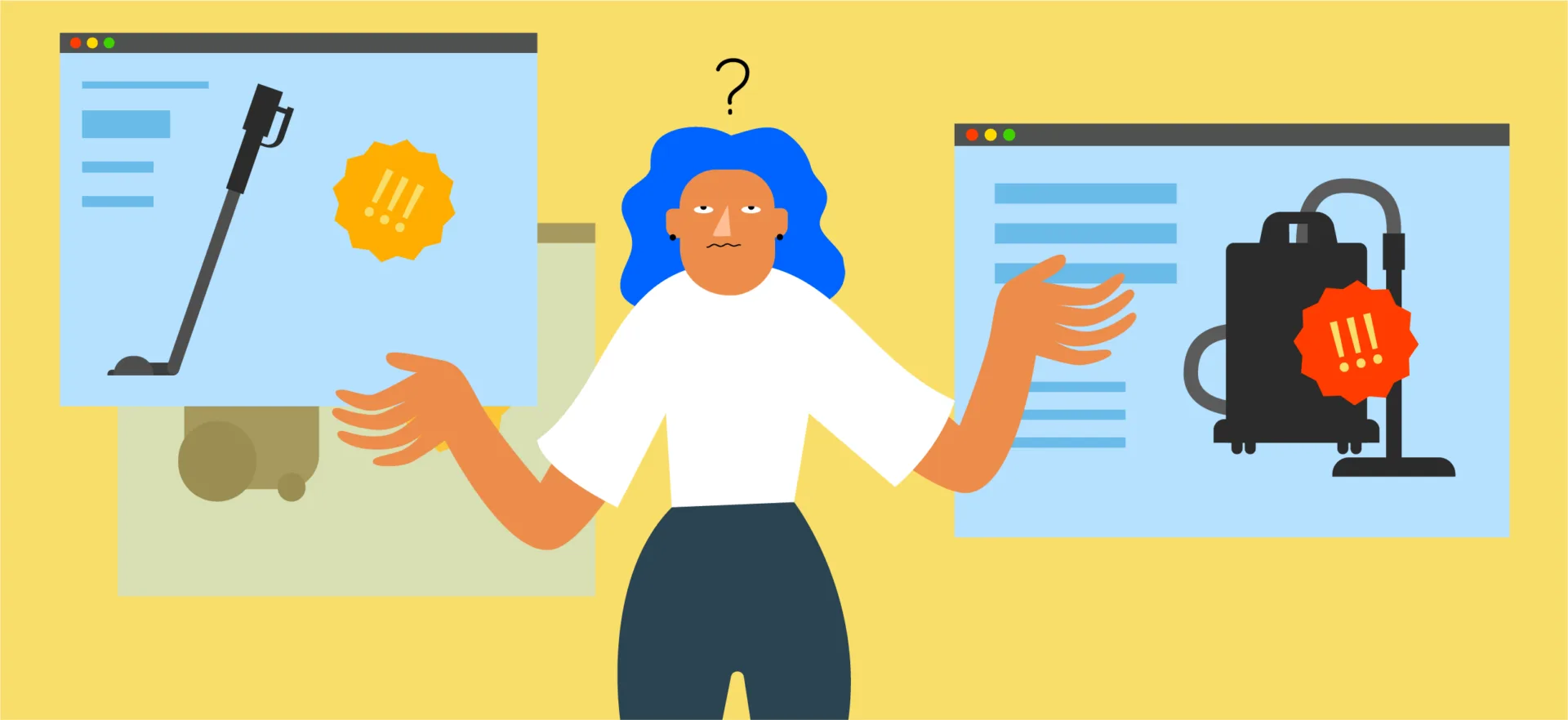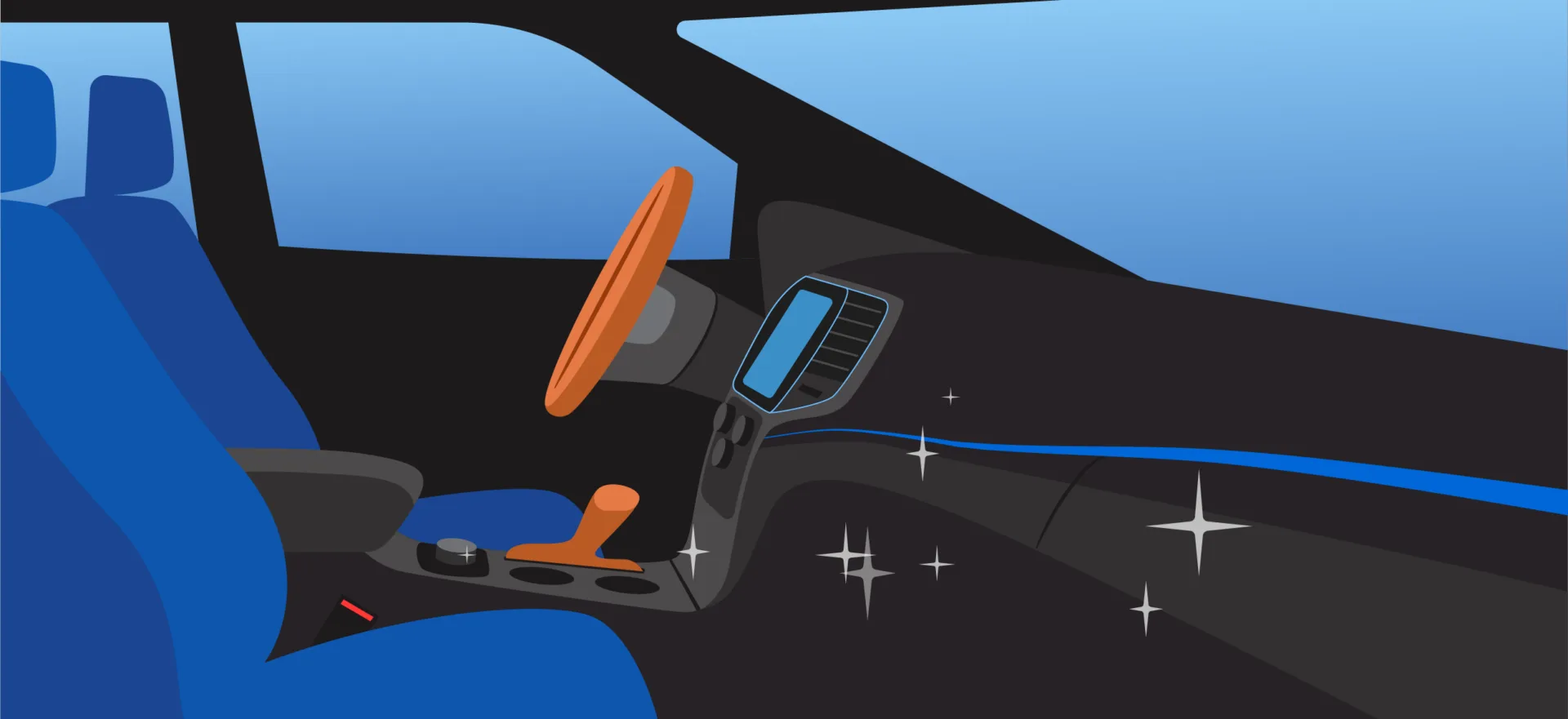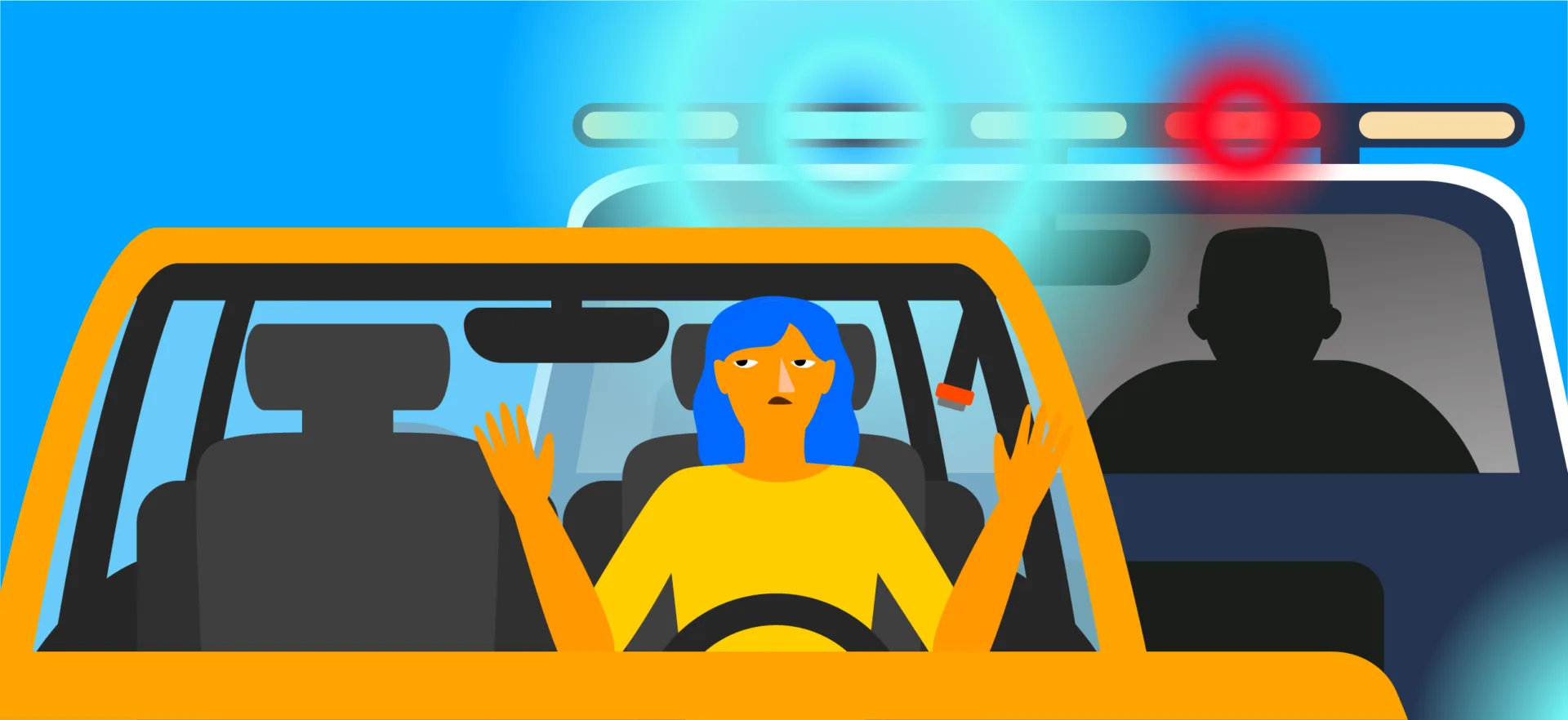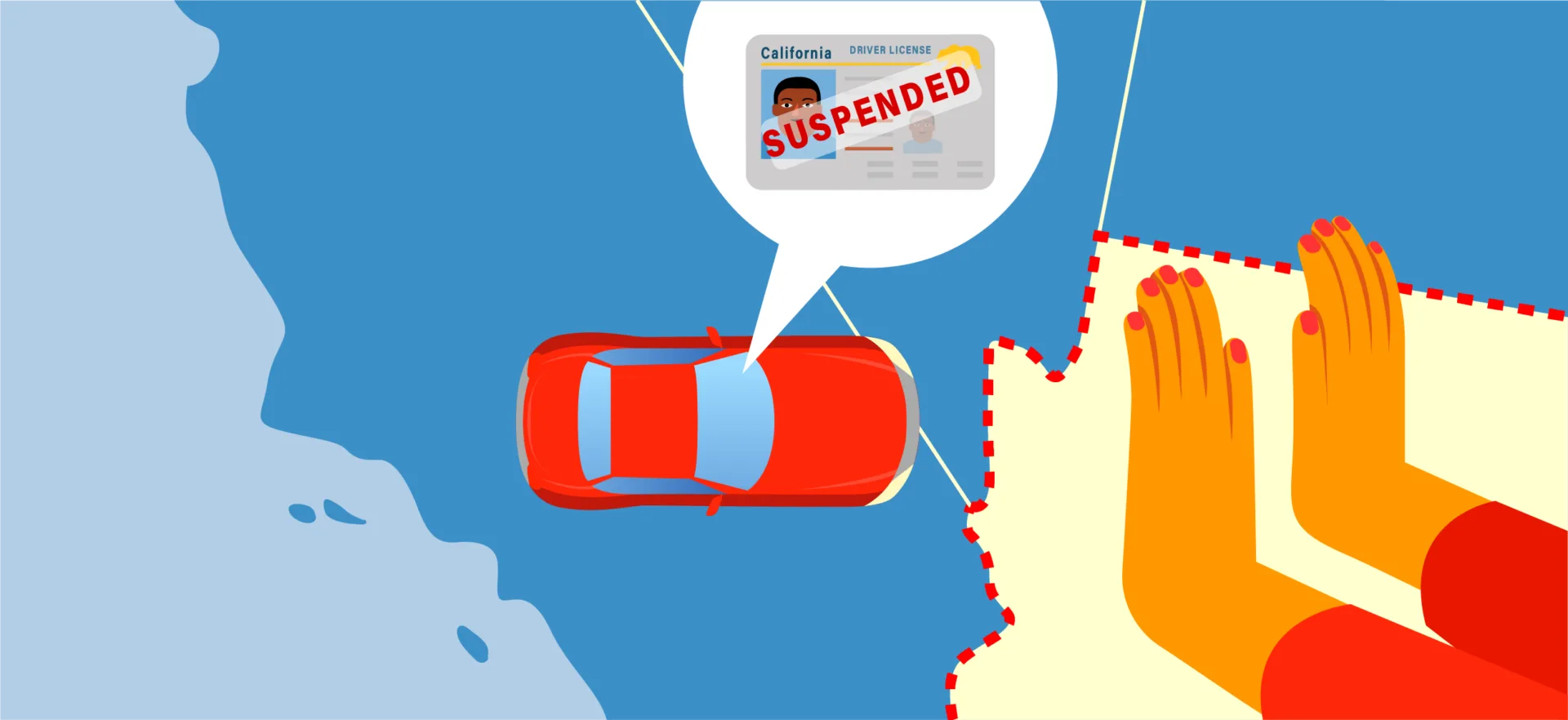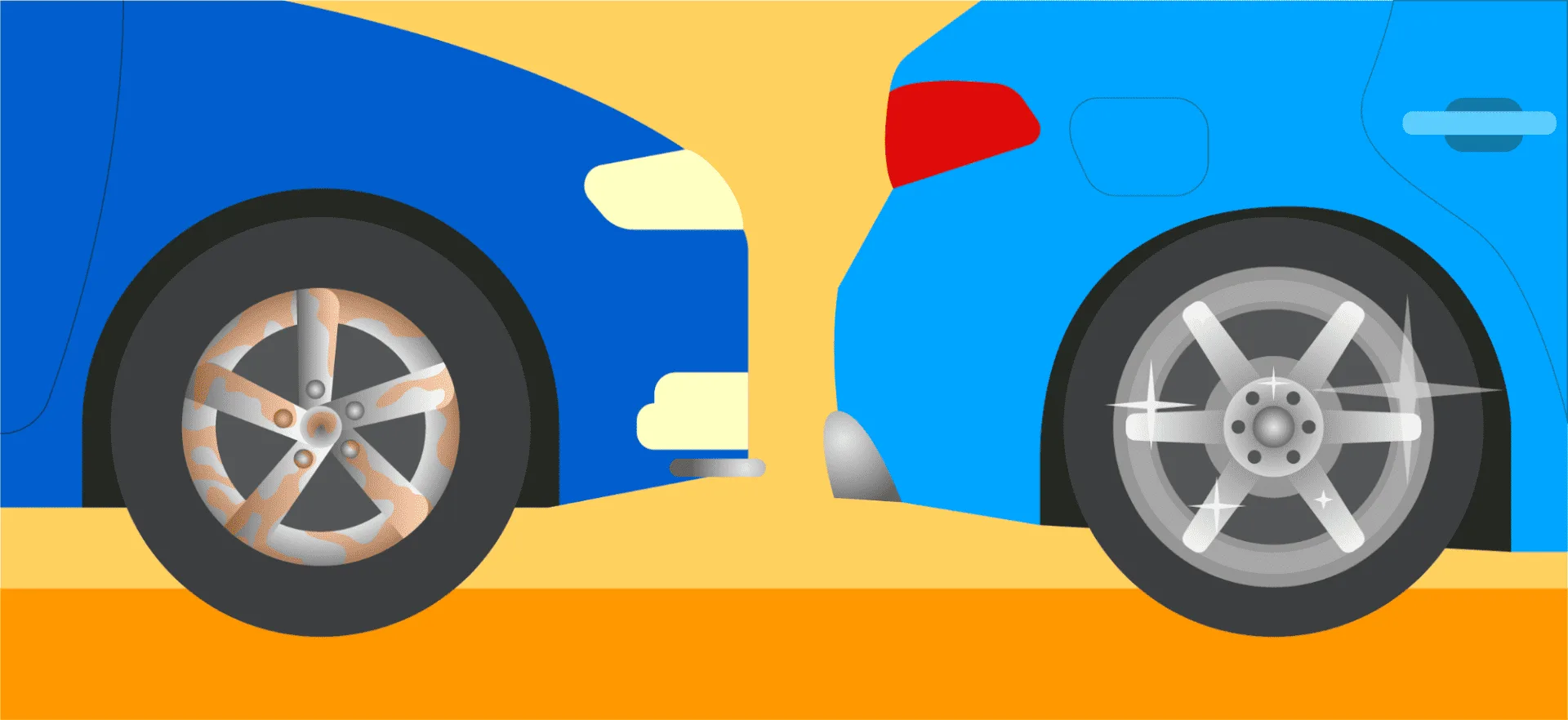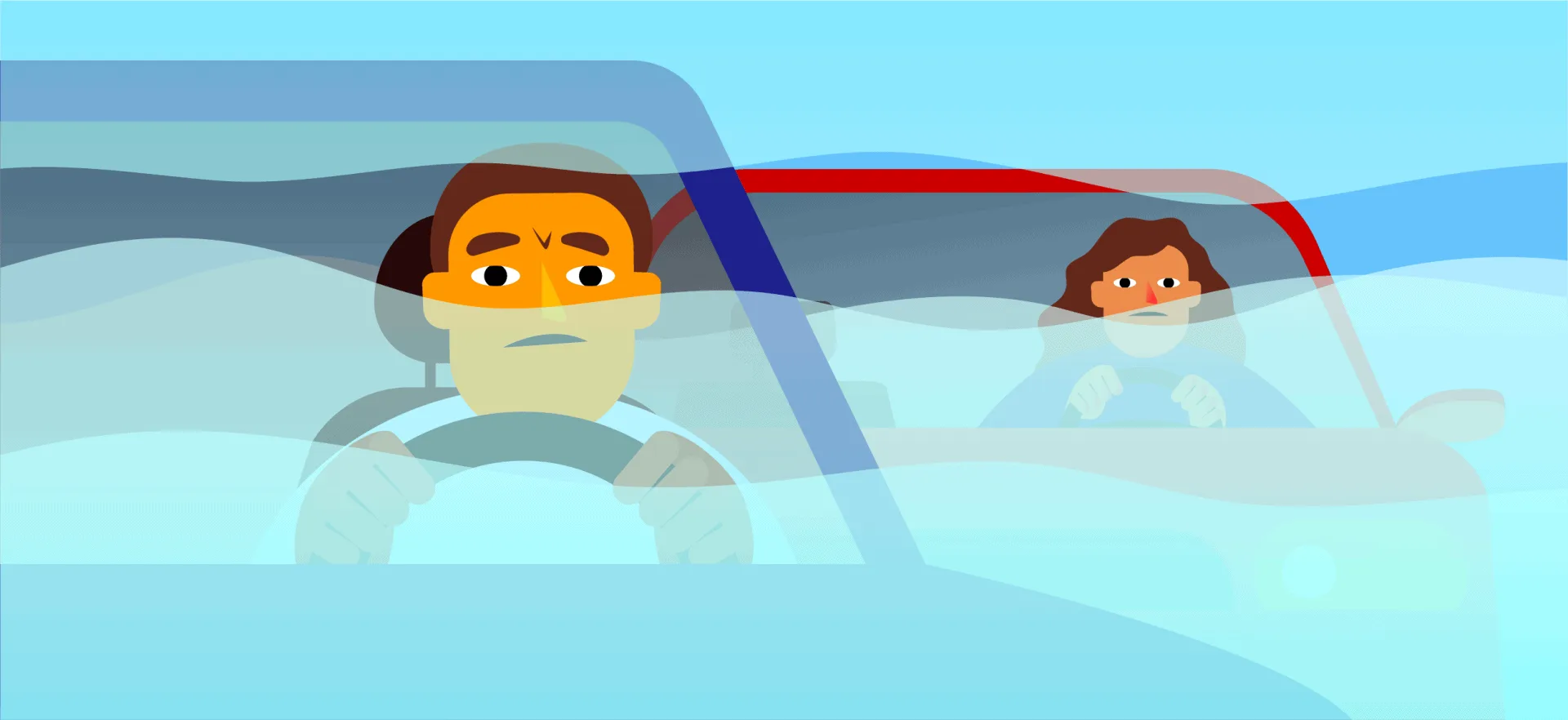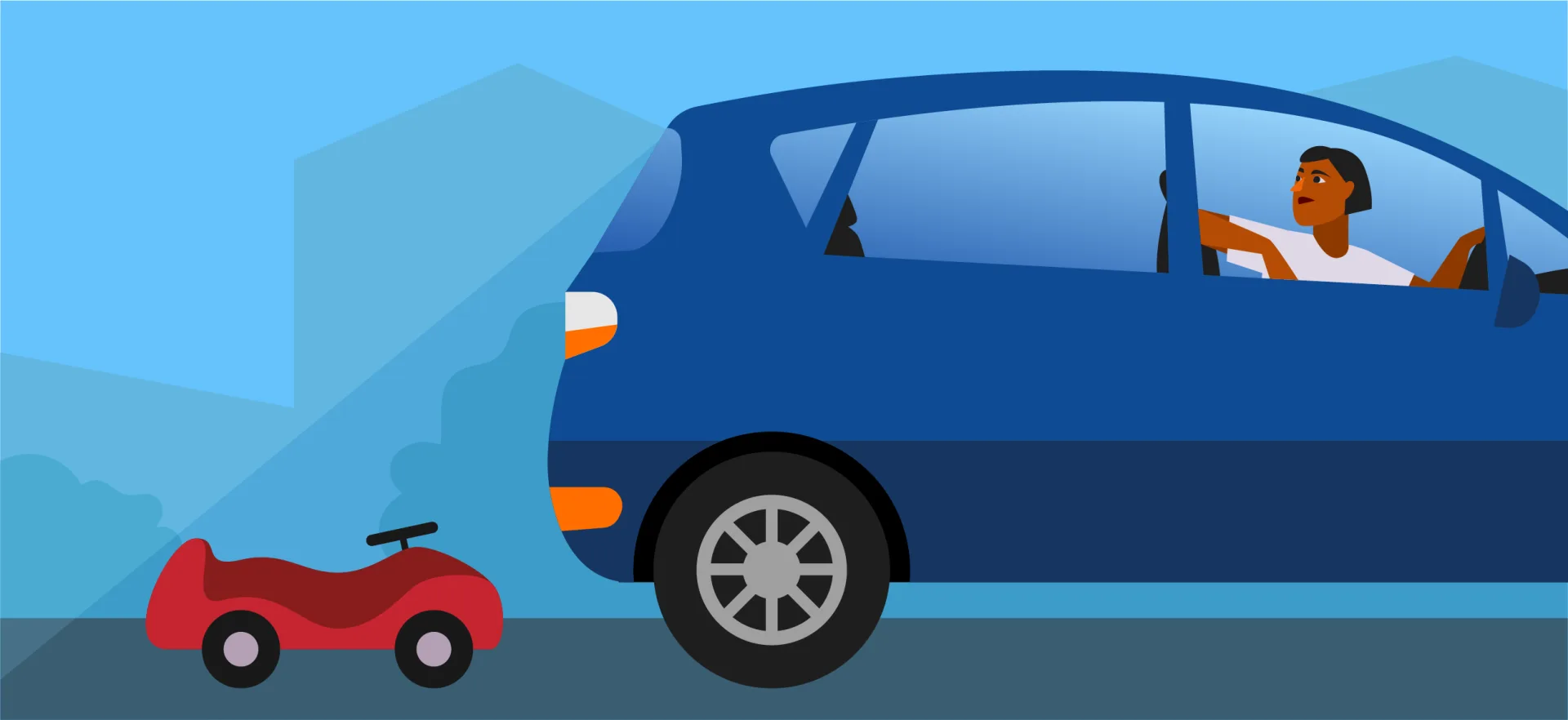Key Takeaways
- Most types of traffic tickets will impact your car insurance policy, resulting in higher rates.
- Expect to pay 20-30% more for auto insurance after a minor traffic violation.
- Two-point traffic offenses, such as hit-and-runs, can nearly double your insurance premiums.
- A first-time traffic ticket will have little or no impact on your car insurance rates. Repeat offenses can result in severe penalties.
- Completing traffic school will mask one point from your license, preventing your insurance rates from going up.
A traffic ticket may not seem like a big deal, but depending on the severity of the violation, your premiums could double. Luckily, there are steps you can take to prevent this from happening.
In this guide, we’ll tell you more about the impact of driving violations on car insurance rates – and what to do about it. Let’s get into it.
How Much Does Insurance Go Up after a Speeding Ticket or Other Violation?
A single traffic ticket can raise car insurance premiums by around 95%, or an additional $2,000 per year. The amount of the increase depends on:
- Your age
- Your insurance provider
- Your overall driving record
- The state where you live
- The nature of the offense you committed
Generally, young drivers will see a smaller increase in their auto insurance rates after a ticket than their older peers, who are supposed to have more experience behind the wheel.
Also, minor offenses, such as a cell phone ticket, have less of an impact on car insurance premiums than reckless driving, DUIs, and other serious traffic violations.
Below are some common traffic offenses and how they can impact your auto insurance rates in California:
| Traffic Violation | Average Monthly Premium |
|---|---|
| None | $183 |
| Not-at-fault accident | $183 |
| Failure to wear a seat belt | $247 |
| Driving without lights | $246 |
| Speeding 6 to 10 mph over the limit | $260 |
| Speeding 11 to 15 mph over the limit | $259 |
| Speeding 16 to 20 mph over the limit | $230 |
| Speeding 21 to 25 mph over the limit | $259 |
| Speeding in a school zone | $260 |
| Driving too slowly | $260 |
| Failure to yield | $260 |
| Making an improper turn | $260 |
| Cell phone use while driving | $262 |
| Tailgating | $260 |
| Running a red light | $260 |
| Improper passing | $261 |
| Driving against the traffic | $310 |
| Passing a school bus | $265 |
| Driving with a suspended license | $371 |
| Reckless driving | $452 |
| Street racing | $457 |
| Refusal of a chemical test | $476 |
| Driving under the influence | $476 |
| Hit and run | $459 |
| At-fault accidents | $187 to $319 |
| Source: The Zebra | |
Again, these are just averages. Each insurance provider has its own policies and will take into account different factors when calculating your rates.
For instance, they may consider whether you’re a first-time or repeat offender and where the violation occurred. If this is your first ticket, you may be subject to less severe penalties than someone with a poor driving record.
Also note that any insurance rate increases after a traffic violation will come on top of the cost of the ticket. So, if you get a speeding ticket in California, you’ll pay higher insurance premiums and the fine associated with your ticket (unless you choose to fight it in court). You can calculate total costs using our California Speeding Ticket Cost Calculator.
Traffic school can help you keep a clean driving record, prevent insurance increases, and more!
What Types of Tickets Can Affect Your Insurance Rates?
With a few exceptions, most types of tickets will lead to higher insurance rates, as shown in the chart above.
However, some traffic violations have a bigger impact on car insurance premiums than others. The more severe the offense, the more you can expect to pay for this service.
Let’s see a few examples based on data from the insurance comparison website The Zebra:
| Traffic Violation | % Increase in Auto Insurance Rates |
|---|---|
| Leaving the scene of an accident | 95% |
| Driving under the influence (DUI) | 93% |
| Refusal of a chemical test | 91% |
| Street racing | 86% |
| Reckless driving | 82% |
| Driving with a suspended license | 80% |
What Tickets Won’t Affect Your Insurance Premiums?
Some traffic tickets have no impact on insurance rates as long as you pay them on time. These include:
- Fix-it tickets, or correctable tickets: These are minor infractions related to a vehicle’s equipment, insurance status, or registration paperwork. Just make sure you address them promptly and submit proof of correction to the court.
- Parking tickets: Generally, parking tickets don’t directly impact car insurance rates. However, unpaid parking tickets can lead to accumulated fees or a suspended registration, which can affect your insurance status.
- Window tint tickets: This type of traffic ticket may or may not raise your premiums, depending on the insurance company.
Does Traffic School Help Insurance?
In California, you can attend traffic school to mask one point from your license. Basically, the point will be hidden from insurance providers, potential employers, and other third parties that might check your record.
As a result, your insurance rates will stay the same following a traffic violation.
Whether or not you’re eligible for traffic school depends on the traffic offense you committed.
Under California law, a judge may give this option only if you’ve been charged with a one-point moving violation, such as:
- Running a red light
- Driving too slowly
- Texting and driving
- Ignoring a stop sign
- Following too closely
- Speeding 1-25 mph over the limit
Drivers charged with non-moving violations, such as parking tickets, or serious offenses like DUIs and reckless driving, don’t qualify for traffic school. The same applies to those who commit traffic offenses under the influence or while operating commercial vehicles.
Also be aware that you may not attend traffic school if you’re found at fault for an accident.
California uses a points system to rate drivers and the severity of their offenses. Points from accidents can significantly affect insurance rates.
When a car accident is deemed your fault, points may be added to your driving record. Insurance companies view these points as indicators of high-risk behavior and adjust your insurance rate accordingly.
How Does Traffic School Work?
Most courts in California will send you a courtesy notice by mail 45 to 60 days after you get a traffic ticket. This document will mention whether or not you can attend traffic school.
If you decide to take the course, you must plead guilty to your charge, then pay the fine and the court’s traffic school administrative fee, which ranges from $49 to $79.
Next, look for DMV-approved traffic schools and select one that meets your needs. Our advice is to opt for online courses so you can study from anywhere, at your own pace.
For example, most students who choose Best Online Traffic School finish the course in just two or three hours – and 99.9% pass the final exam on the first try. Plus, our course is fully accredited by the California DMV (#E1314) and can be completed from any device.
Need one more reason to join Best Online Traffic School? If you go this route, you’ll pay only when you pass the exam. We charge a flat fee of $27.99, which includes the following:
- Course materials
- Unlimited exam retakes
- Same-day submission to the court and DMV
- Electronic certificate copy
- Audio read-along in English, Spanish, or Chinese
- 24/7 live chat
You can also opt for additional services, such as an official printed certificate of completion.
But don’t just take our word for it. Start traffic school for FREE today to get full access to the course materials.
Why Insurance Rates Might Increase Even After Traffic School
Sometimes, drivers discover that their auto insurance premiums have risen even after completing traffic school. Several factors could contribute to this unexpected hike:
- Ineligibility: If you weren’t eligible for traffic school or failed to fully complete it, points from the violation would be added to your driving record, leading to increased insurance premiums.
- DMV or Court Errors: Mistakes can occasionally happen in the processing and reporting of traffic school completion. While rare, these errors can result in points erroneously appearing on your record.
- Insurance-Related Factors: Apart from traffic school considerations, multiple variables – like changes in your policy, increased driving distances, or claims filed against your policy – can affect your insurance rates.
Troubleshooting Insurance Rate Hikes after Traffic School
If you find that your insurance rates have increased after completing traffic school, take the following steps:
- Verify Traffic School Completion: Cross-reference your traffic school certificate with the citation to spot potential errors.
- Check with the Court: Make sure the traffic school’s submission of your completion certificate was correctly processed by the court.
- Review Your Driving Record: Obtain a copy of your California Driving Record from the California DMV. In case of discrepancies, you can request corrections by filling out Form DL 207.
- Address Court Errors: Sometimes, even if your case is closed by the court, the points might still appear on your record. Rectify this by liaising with the court and the DMV.
- Contact Your Insurance Provider: After rectifying errors on your driving record, ask your insurance company to give you a new quote. This should result in a more accurate rate.
FAQs about How Traffic Tickets Affect Your Insurance
Looking for further insights? Here are the answers to some frequently asked questions.
How long does a traffic ticket affect your insurance?
Most traffic tickets will impact your auto insurance rates for three to five years, depending on how long the points stay on your record.
For example, speeding 20 mph over the limit will add one point to your license. The point will fall off your driving record after 36 months. During this time, you’ll pay higher insurance premiums.
How much does one point affect car insurance rates in California?
The increase in car insurance rates after a one-point traffic violation depends on several factors, including:
- The nature and severity of the offense
- Whether it’s your first ticket
- Your insurance provider
For instance, California drivers who get a speeding ticket can expect to pay an extra $643 per year for car insurance. Generally, minor traffic violations will raise your insurance rates by 20-30%.
Do out-of-state tickets affect insurance premiums?
Yes, they do. Most states, including California, participate in the Driver’s License Compact (DLC). Based on this agreement, they exchange driver’s license information.
So, if you receive an out-of-state ticket, you’ll get points on your California driving record. Your insurance provider will see those points and may raise your premiums accordingly.
Does a first-time speeding ticket affect insurance?
Some insurers may not take action after a first-time speeding ticket, while others may impose minor penalties, such as a 10% increase in your monthly premiums.
If I do traffic school, will my insurance go up?
Your car insurance rates shouldn’t increase if you attend traffic school.
However, there are cases where insurance companies may still increase their premiums, even if the driver has completed a traffic school course. This can be due to DMV or court errors or insurance-related factors, such as claims filed against your policy.


